In 2024-2025, the Polish community in Odesa successfully completed a long-awaited project – the establishment of a multifunctional Polish Cultural Center. This was not just an infrastructure initiative but also a social and cultural endeavor aimed at integrating the local Polish community, preserving national heritage, and providing educational, psychological, and cultural support to people of Polish descent and Odesa residents.
This initiative addressed the real needs of the local Polish community, which previously had to operate in premises that lacked basic functional and technical standards. The renovated Center not only improved working conditions for the Association but also became a welcoming space for meetings, education, and integration.
The project aimed to create a modern, welcoming, and functional space – a true home for Poles living in Odesa and anyone interested in Polish culture, language, and history. Designed as a community hub, the Center fosters meetings , dialogue, and mutual support while offeringpsychological, educational, and cultural assistance. Given the region’s challenging socio-political climate and the growing needs of both the Polish community and displaced persons, the Center’sestablishment became even more vital. Odesa, a city with a rich history and Polish heritage, finally gained a place to preserve its shared legacy and unite generations.
A Brief History of the Establishment of the Polish Cultural Center in Odesa
Until May 2024, the Polish Cultural Center in Odesa consisted of just two small rooms, a tiny storage area, WC, and a corridor.
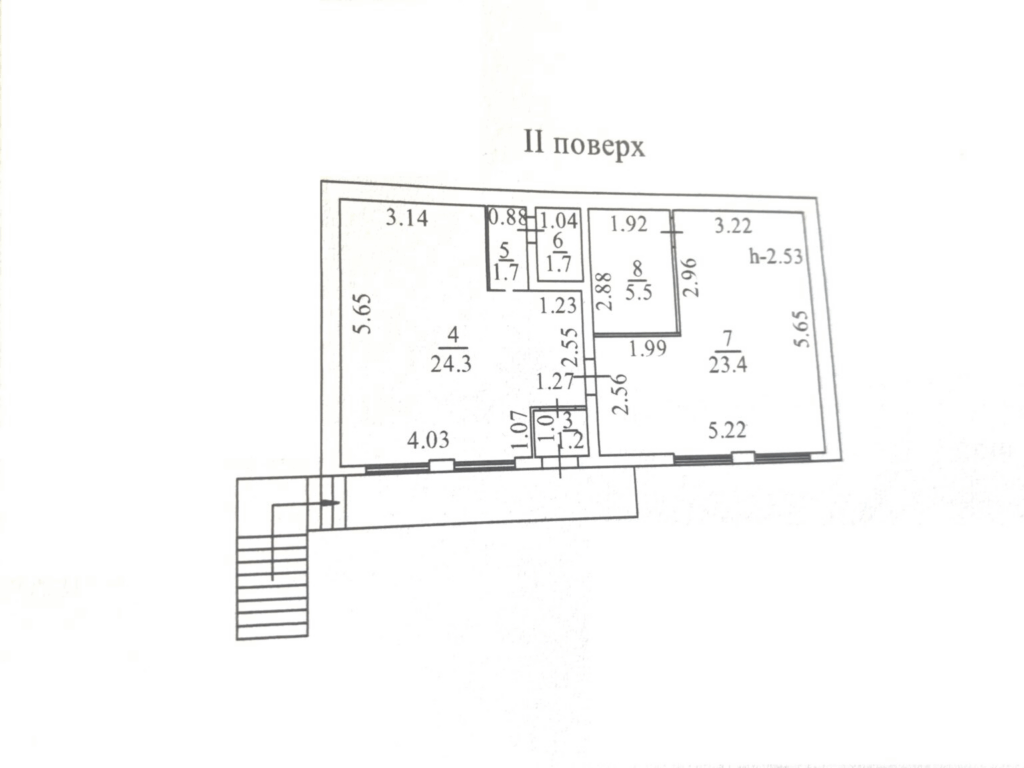
The conditions were challenging — there was no space for a library, museum, cloakroom, or even a basic kitchenette. In winter, temperatures dropped to as low as +7°C due to the lack of heating, forcing staff and visitors to wear coats and hats indoors.
Despite these constraints, the Association kept growing, attracting more members, displaced persons, and Sunday school students, along with others interested in its events. This expansion only underscored the urgent need to modernize and expand the space.


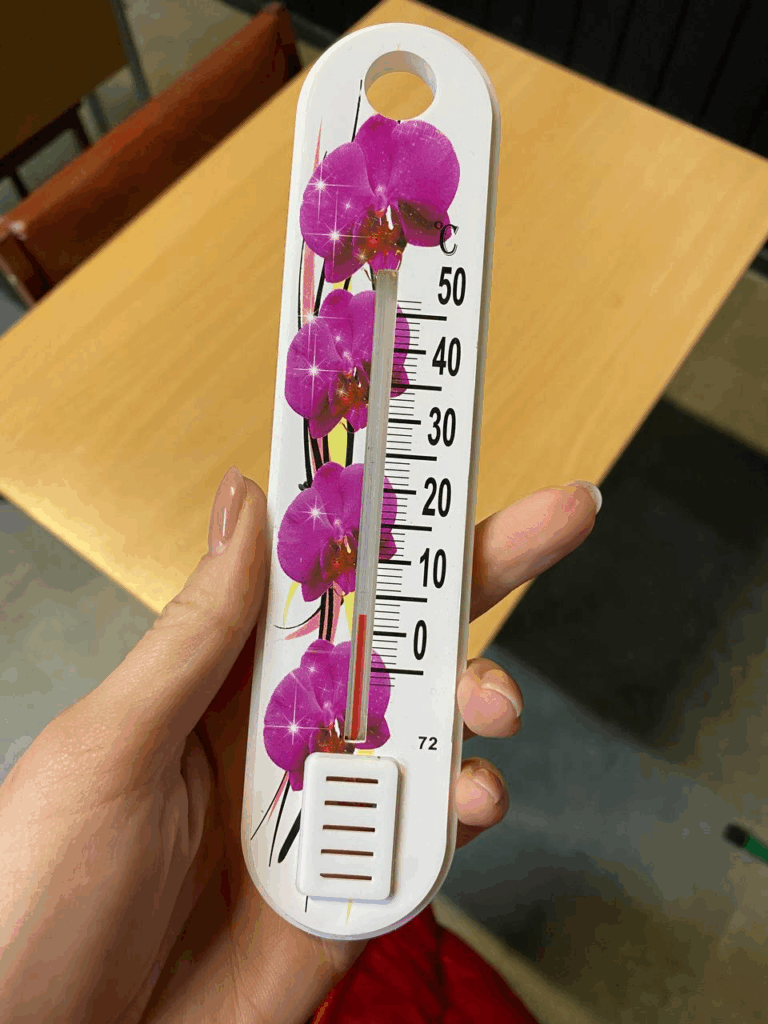
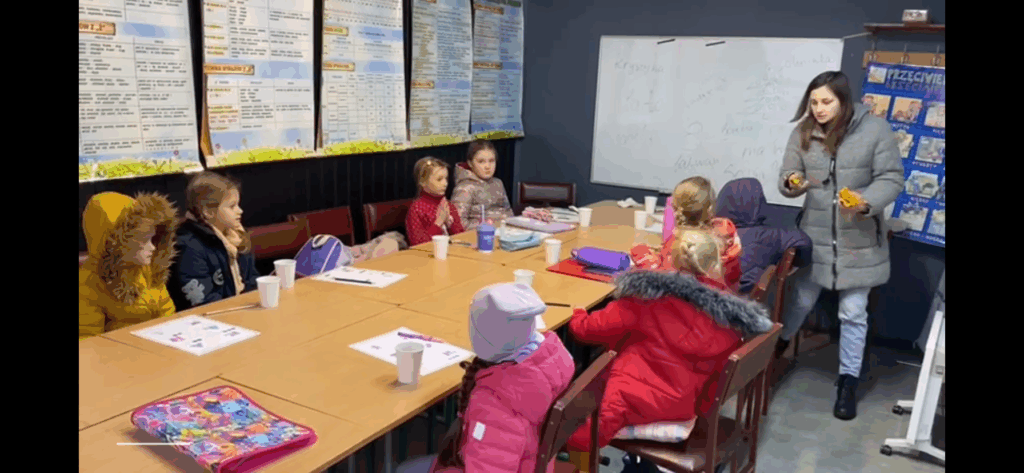
In June 2024, the Association’s board and staff decided to undertake a major renovation project to transform the space into a multifunctional Polish Cultural Center.
The first step involved designing a floor plan to accommodate several new facilities, including:
- A library
- A museum
- A cloakroom for folk and theatrical costumes
- A kitchenette
- An upgraded WC

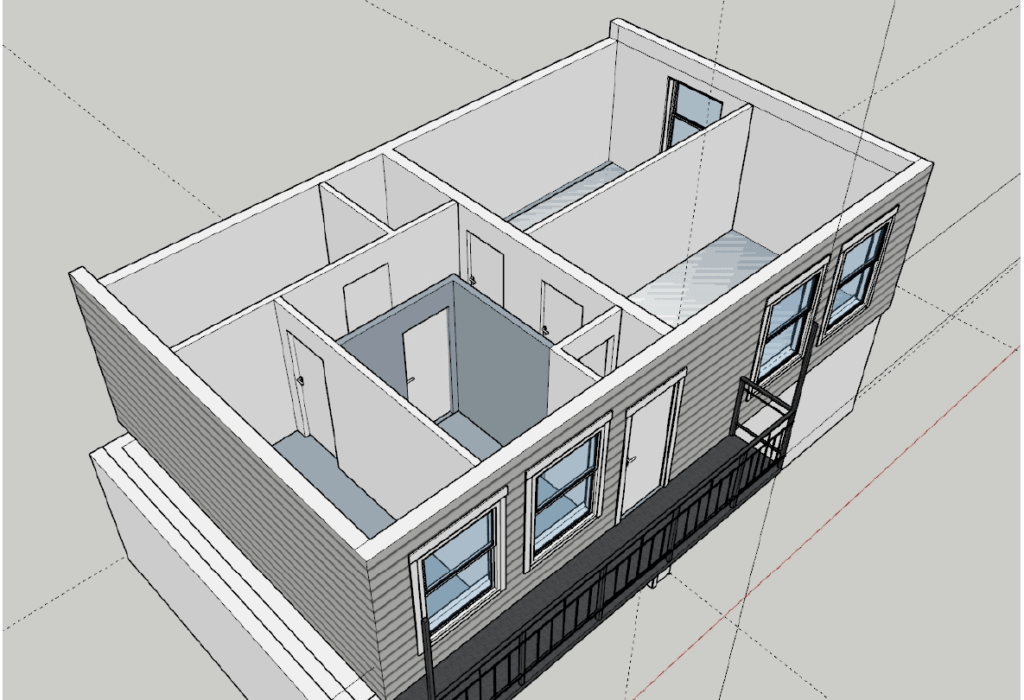
Next, a meeting was held with potential contractors, and conducted market research on material and labor costs.

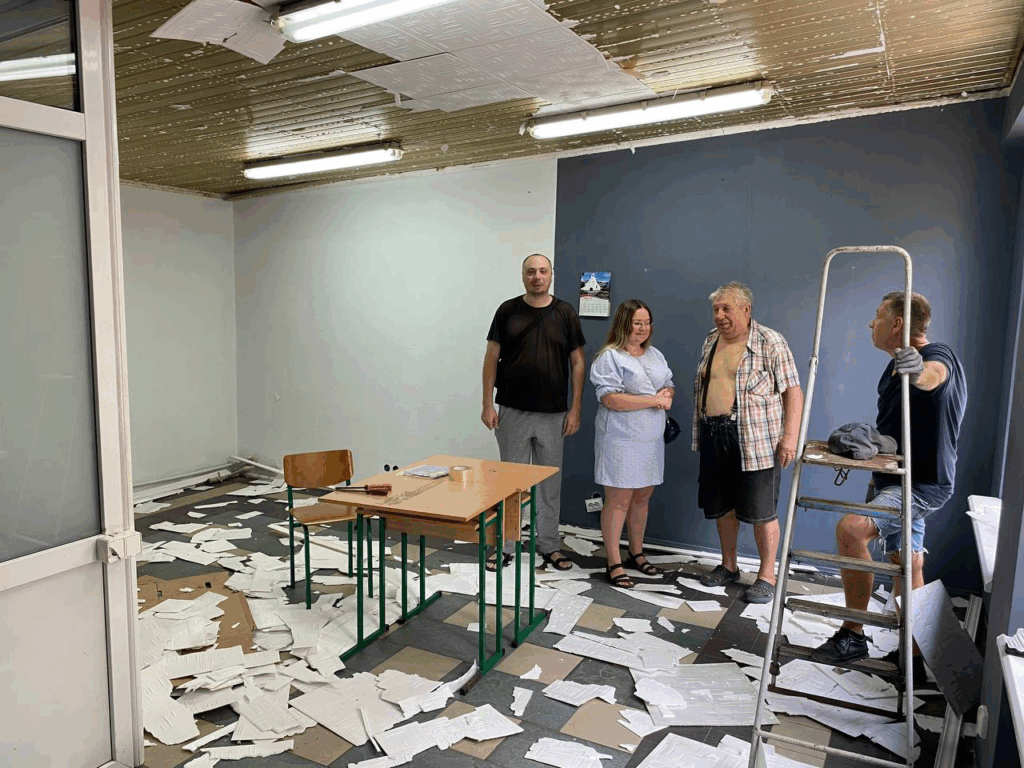
The involvement of volunteers was of great importance — they they took charge of dismantling of the old walls, ceiling, and flooring , preparing the space for renovation work.
It was during this phase that our project gained recognition from House of Europe. Impressed by the local community’s commitment and the initiative’s potential, they offered their to support its implementation.
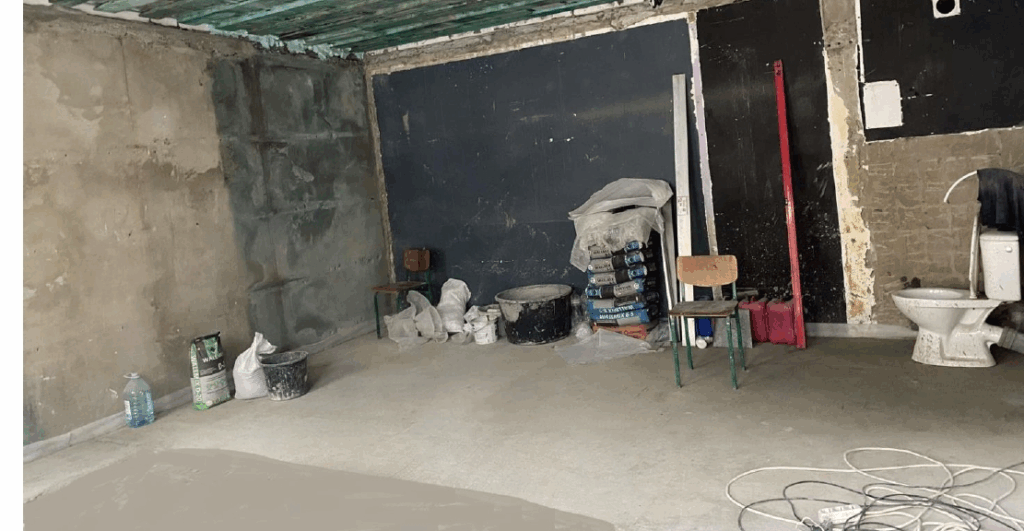
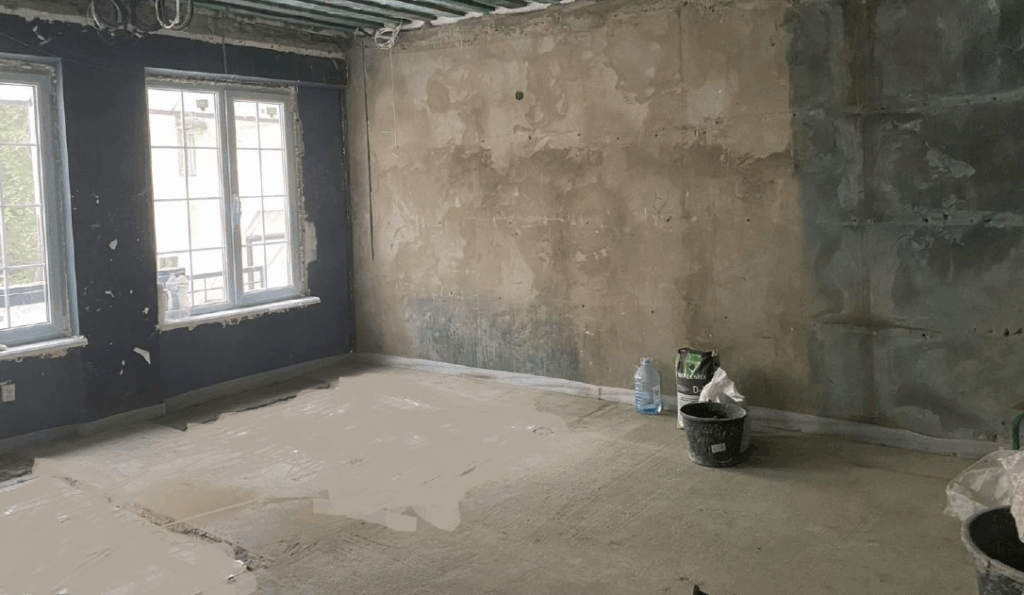
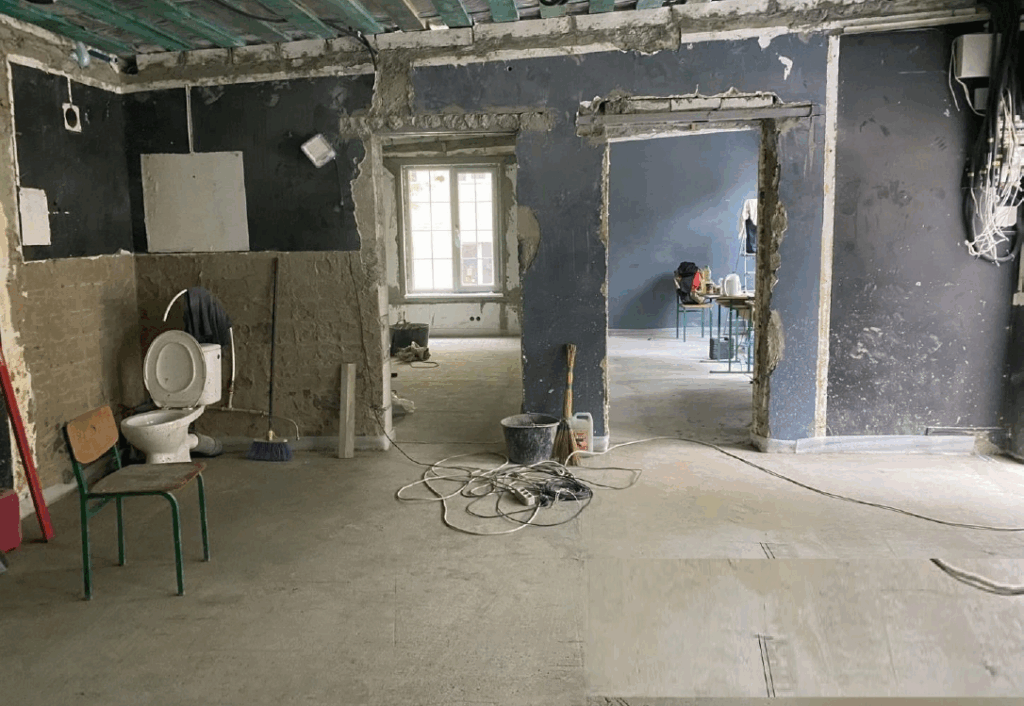
As part of the “Arrangement and equipment of the premises of the Polish Cultural Center in Odesa” project , the following work was completed:
- Installation of 54 m² of new partition walls to create functional spaces (library, museum, costume storage, kitchenette, and bathroom)
- Plastering and painting of 150 m² of walls in white
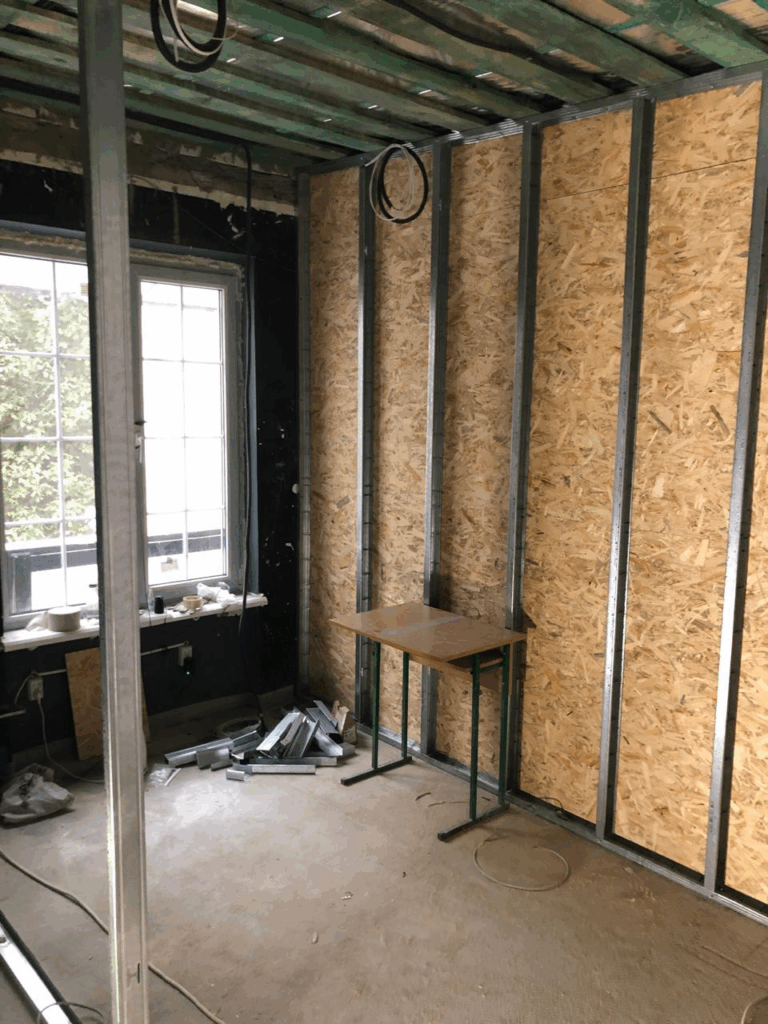
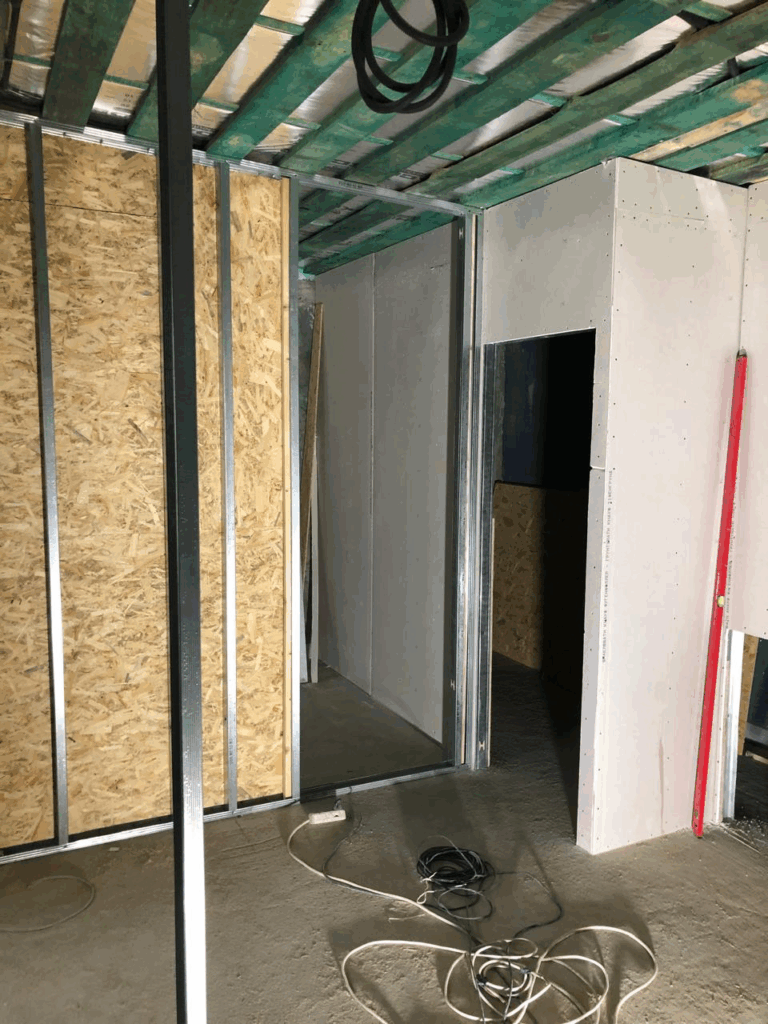
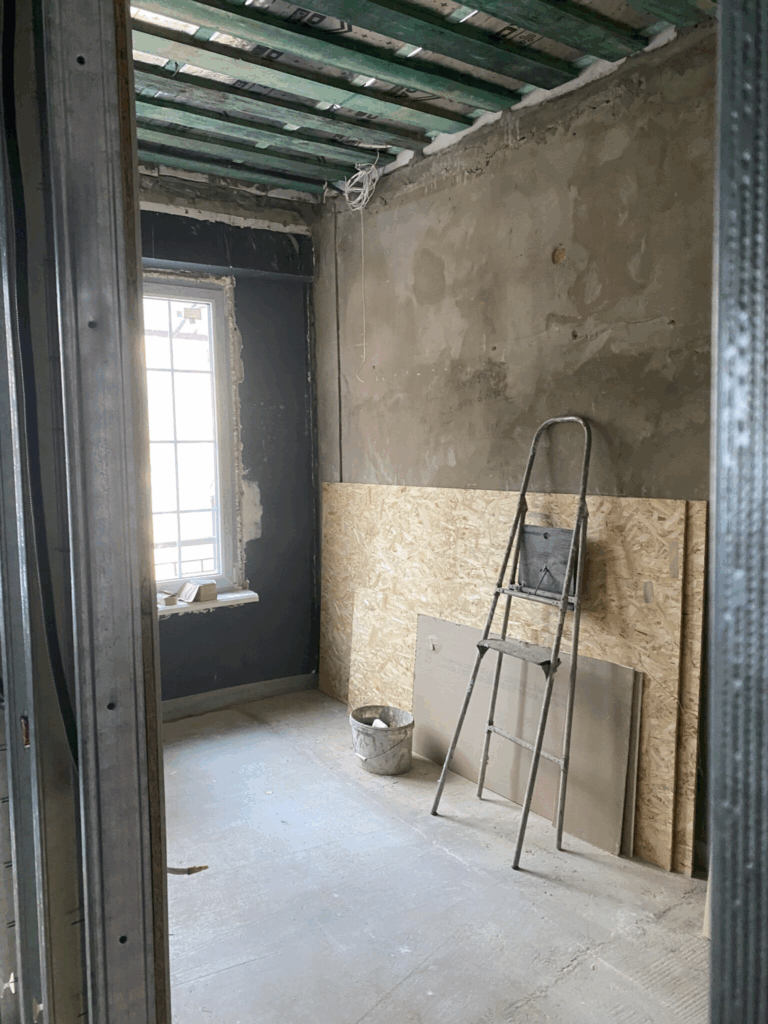
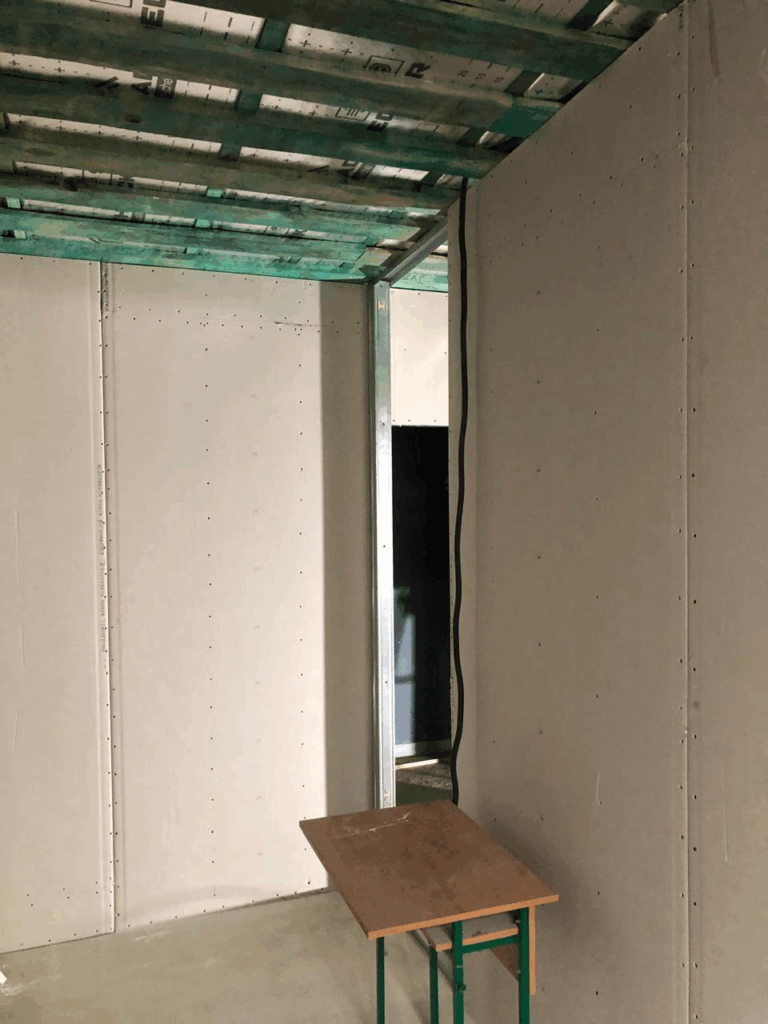
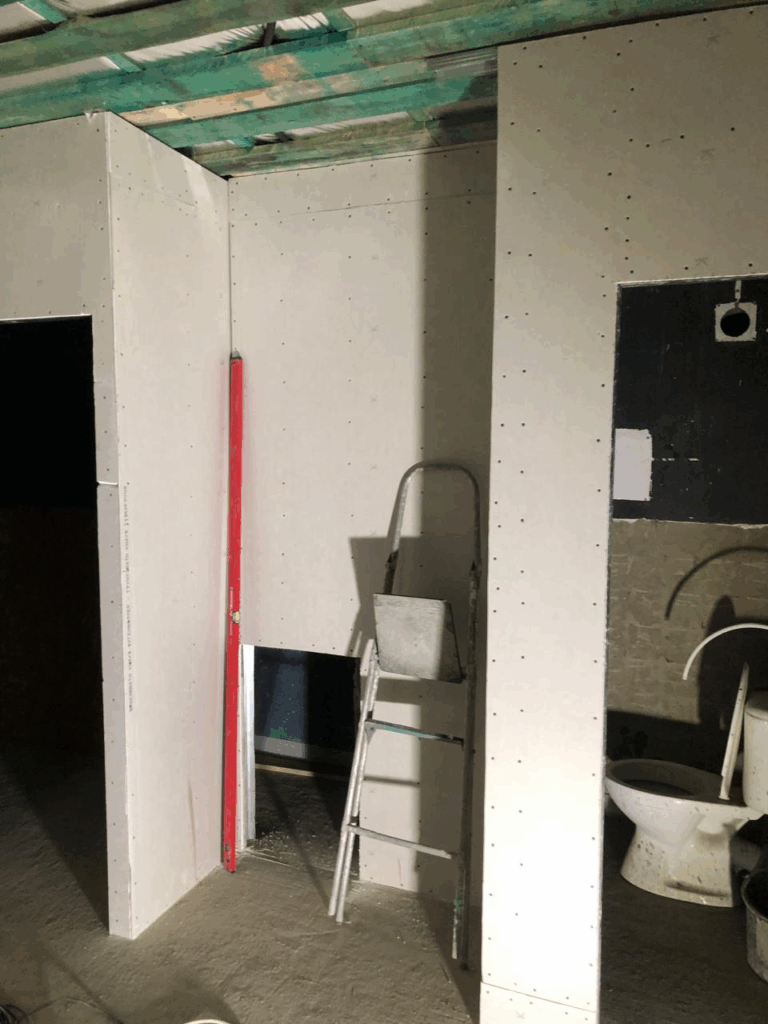
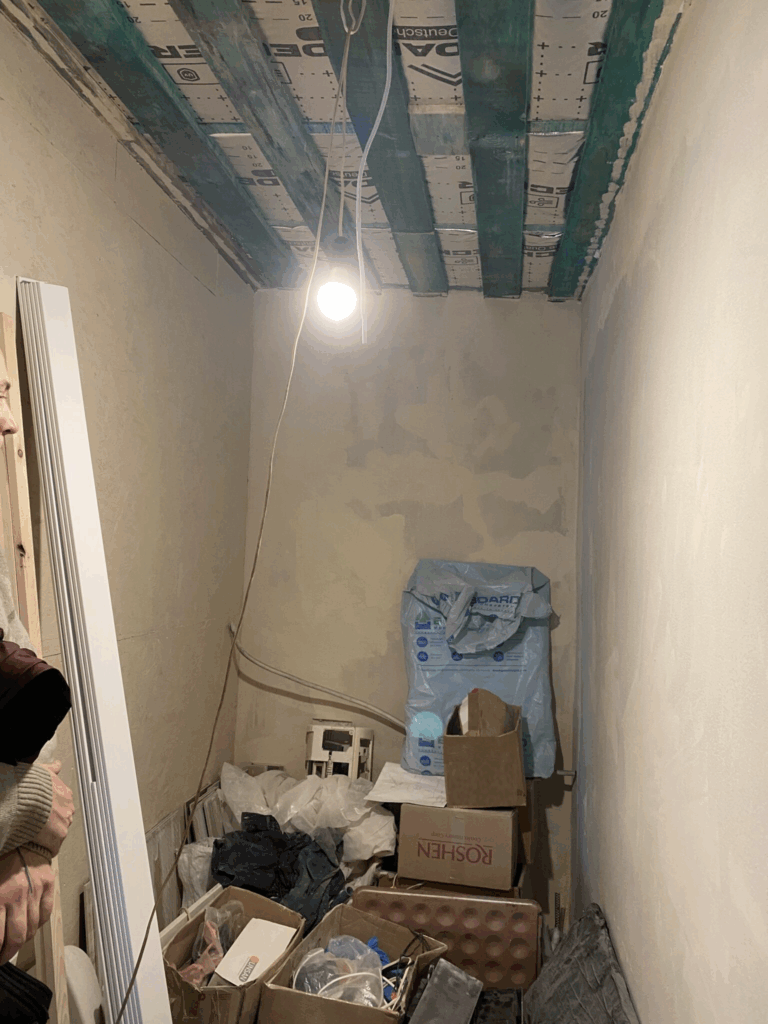
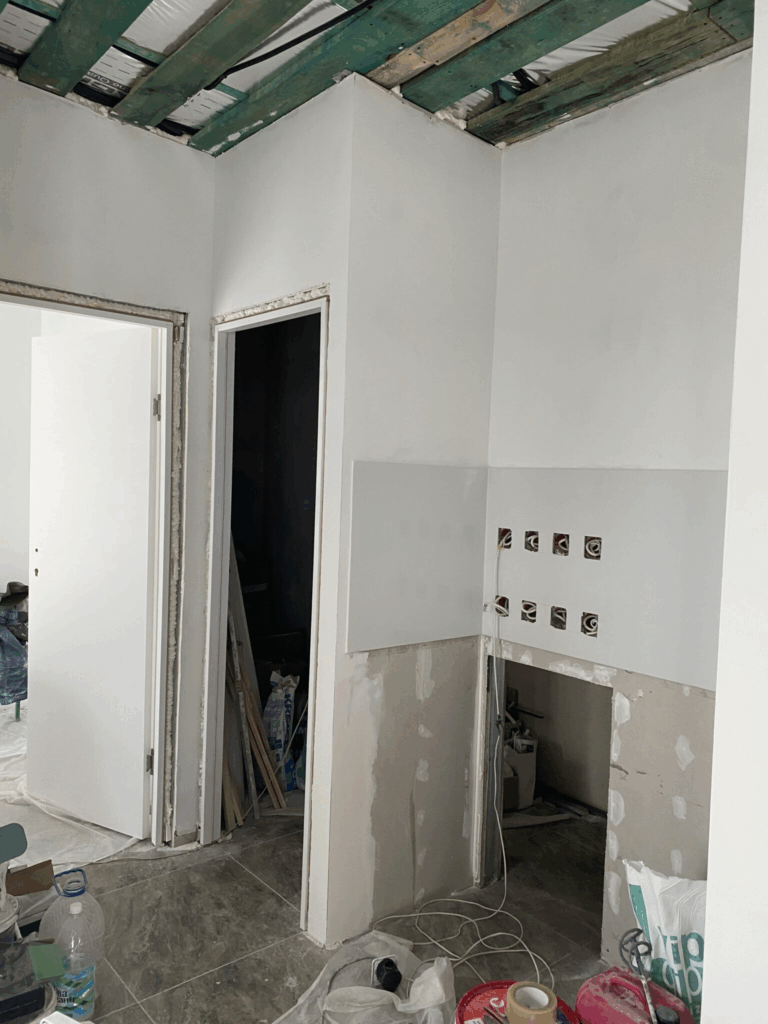
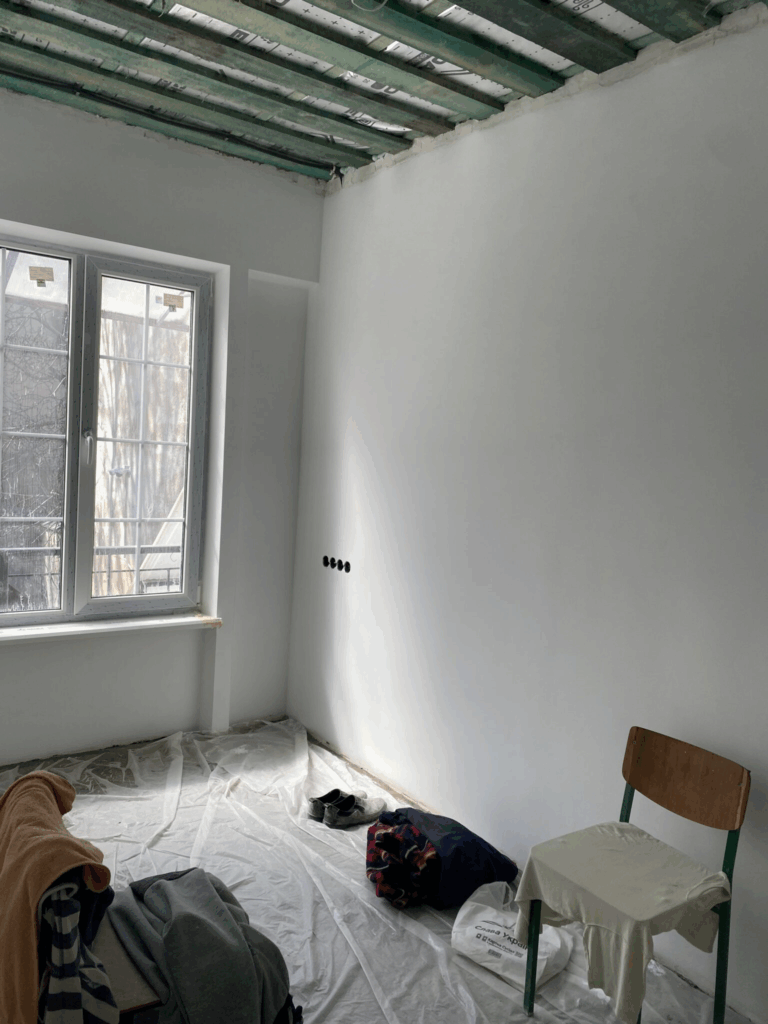
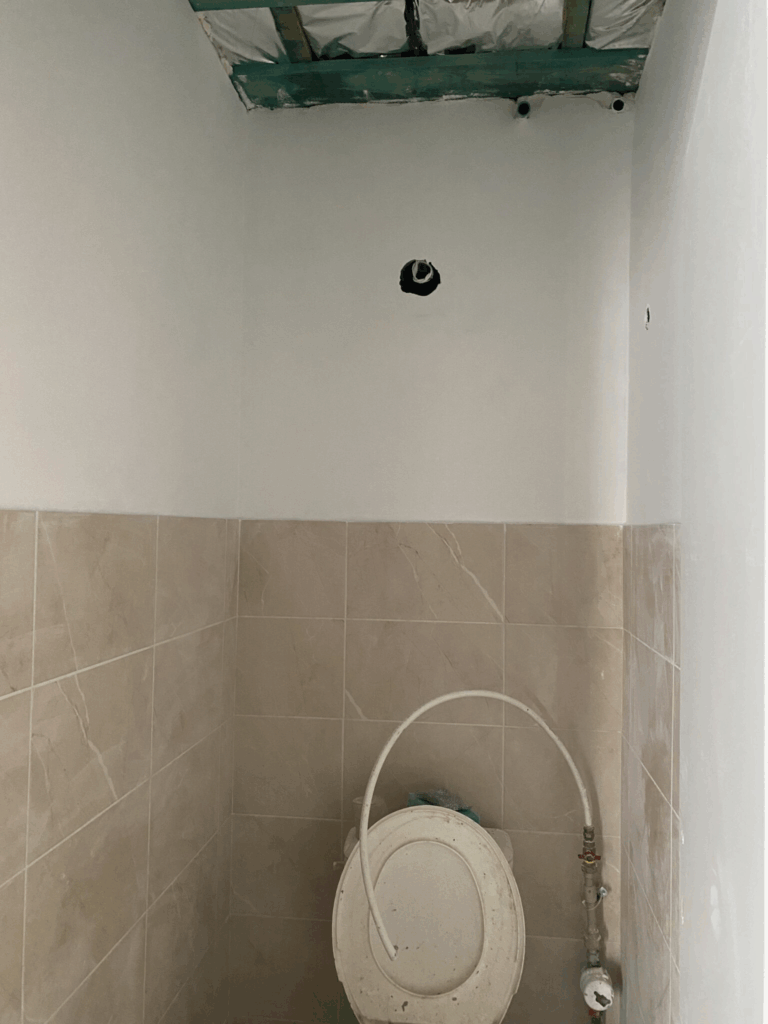
Floor installation:
- Poured 30 m² of concrete screed to level the floor
- Installed high-quality ceramic tiles for enhanced durability and easy maintenance

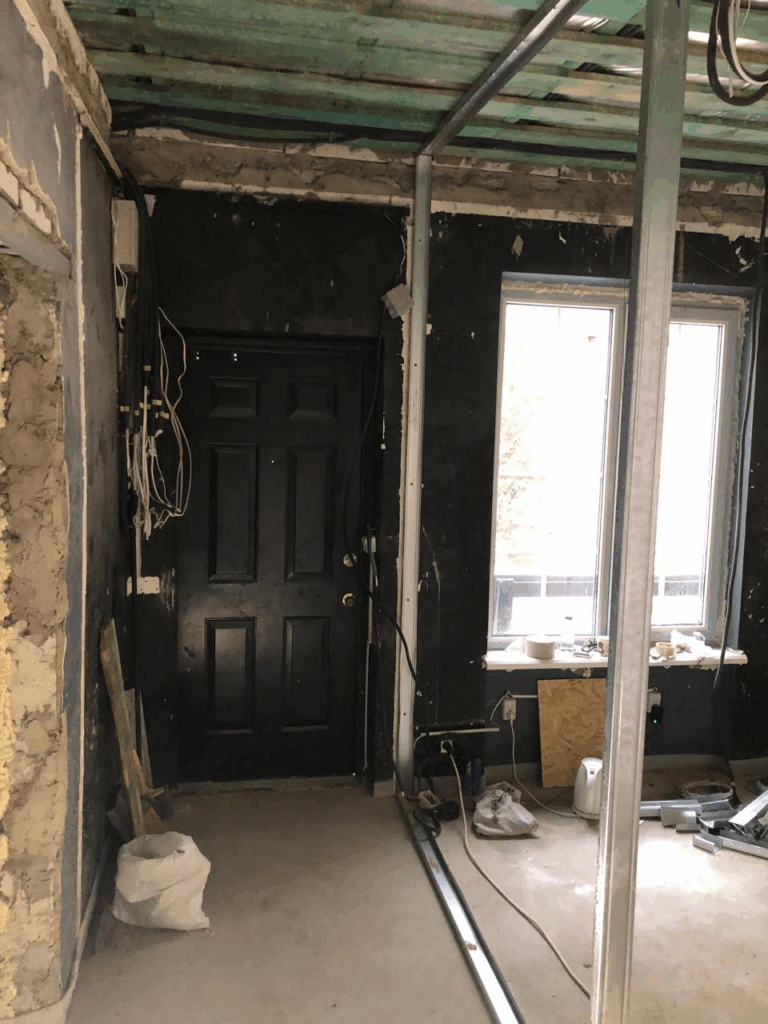
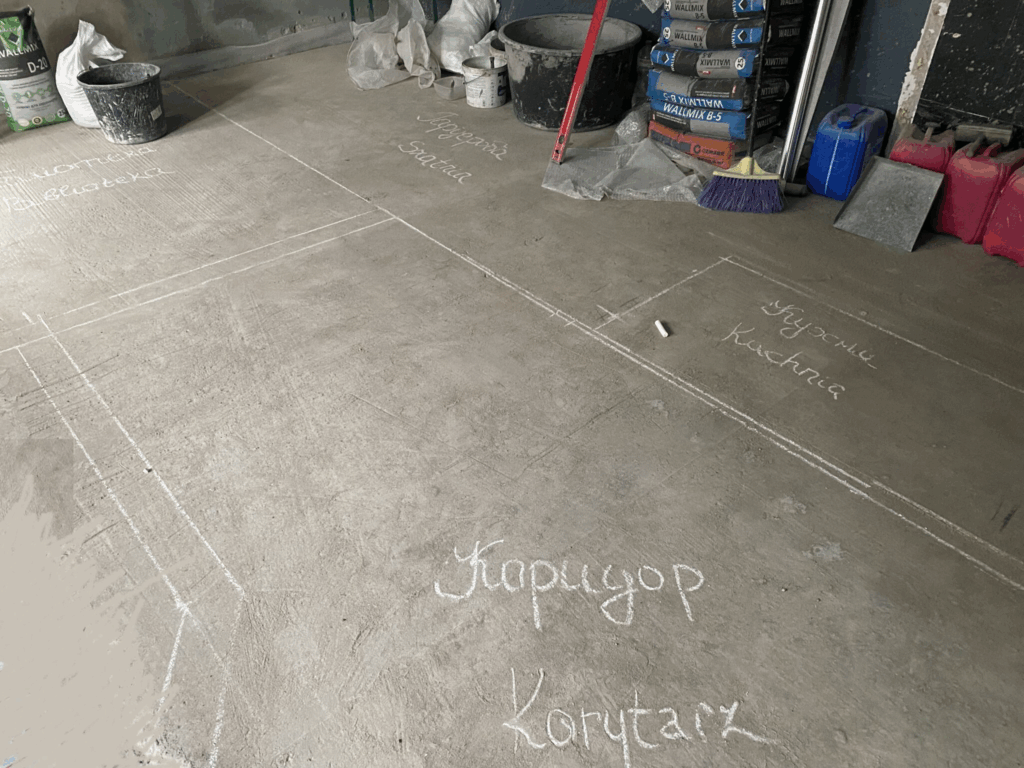
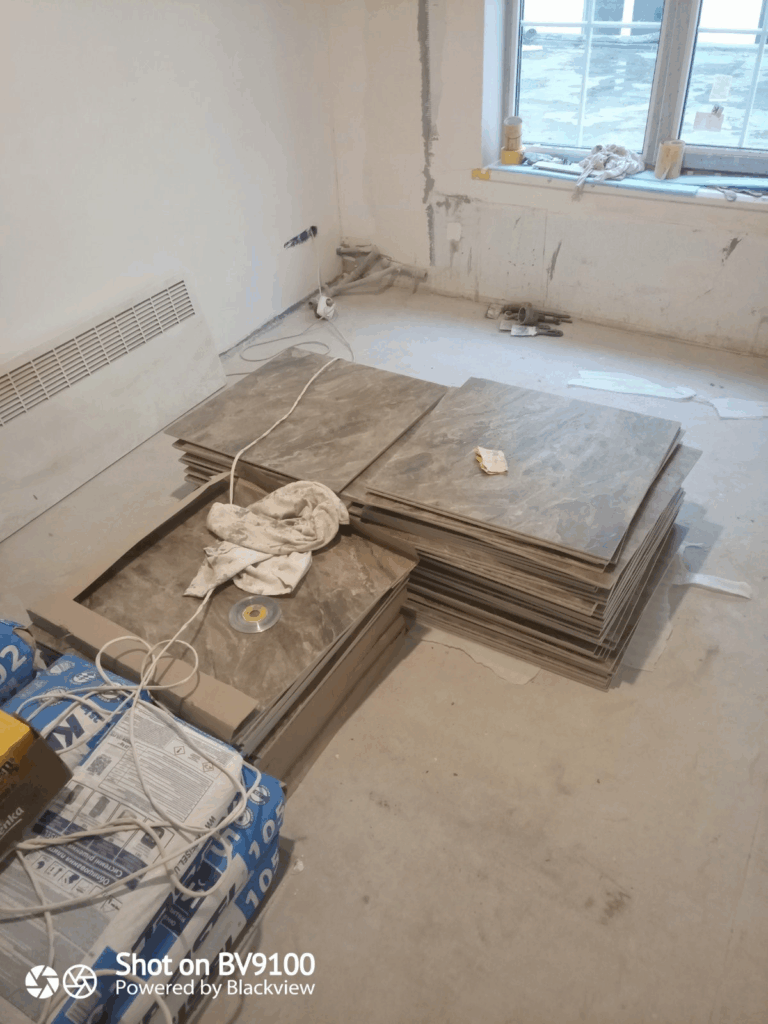
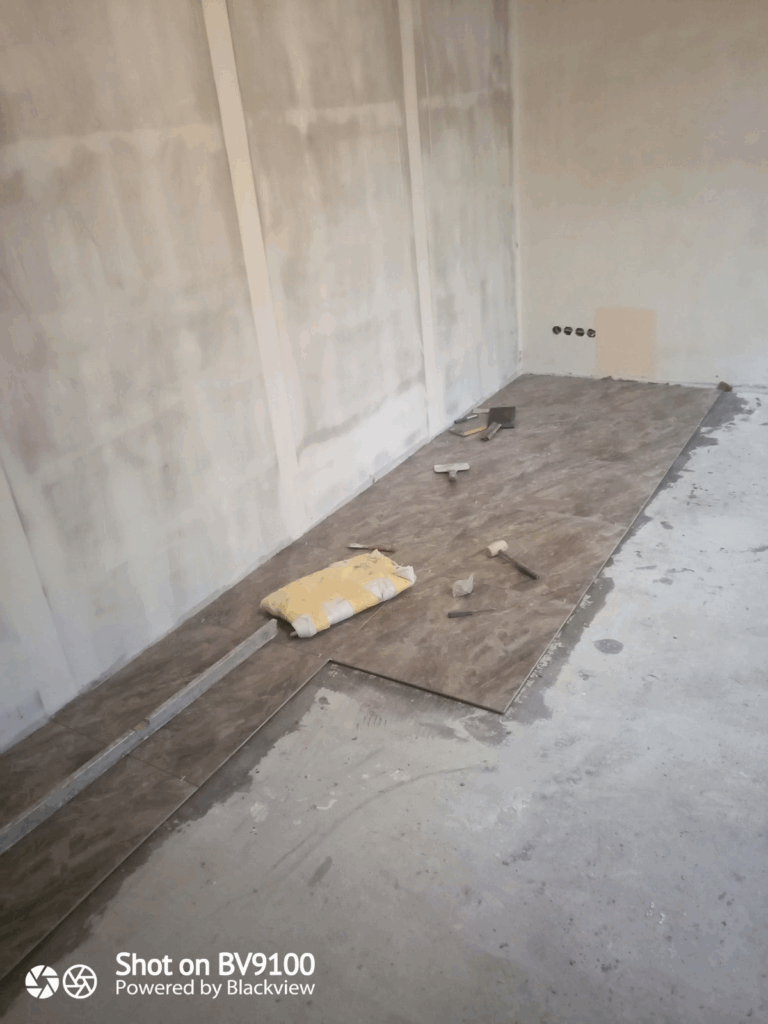
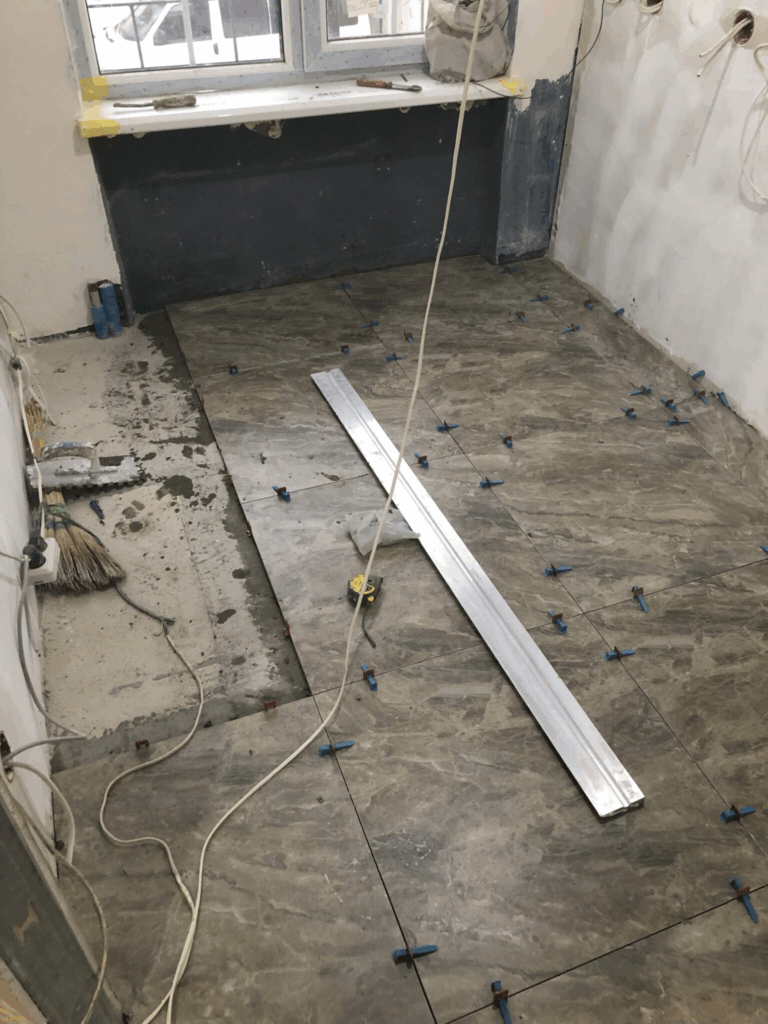
Electrical installation:
- Implemented a modern electrical infrastructure including:
- Complete wiring system
- 30 power outlets
- 8 light switches
- Distribution boards
- Advanced safety systems
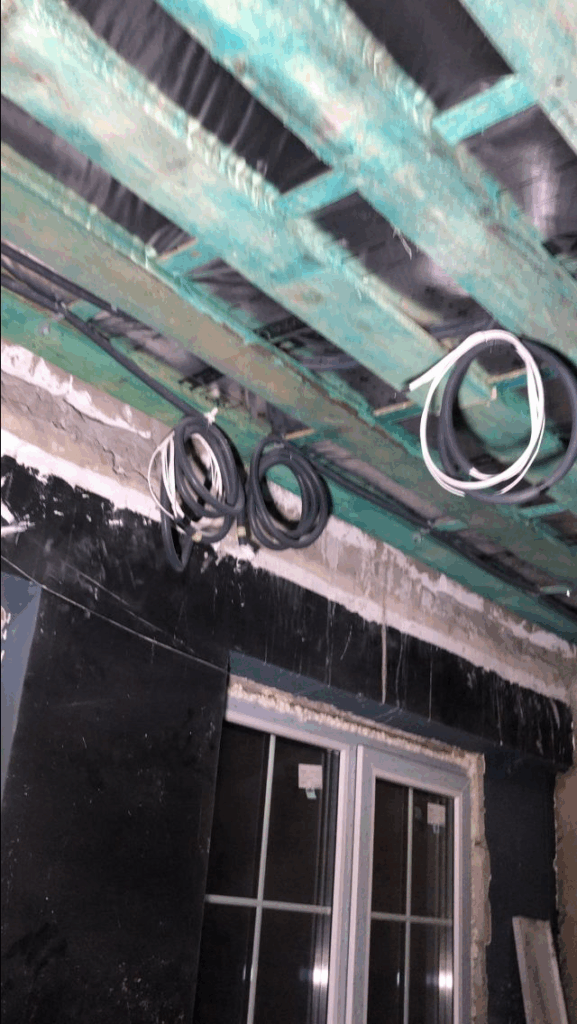
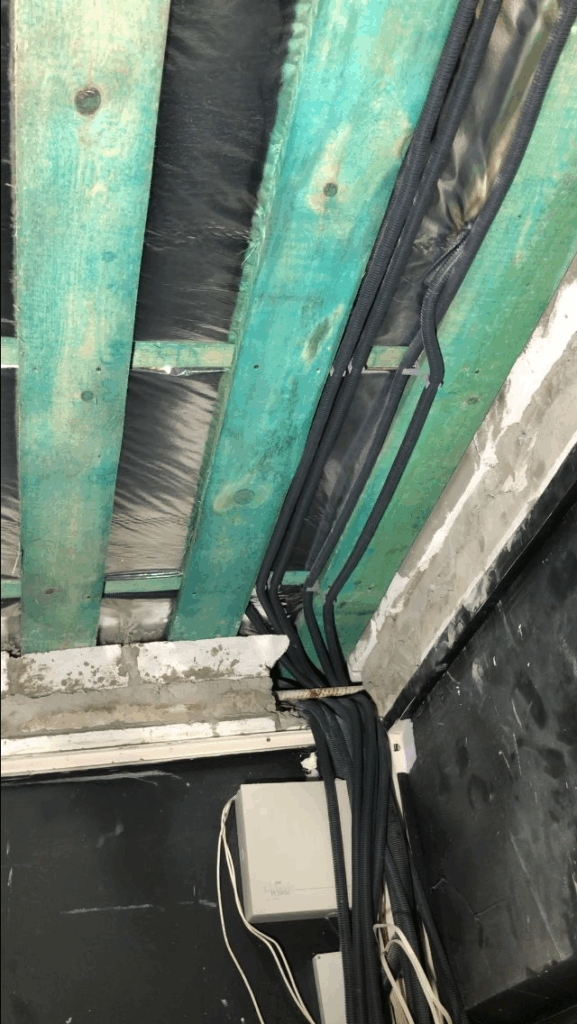
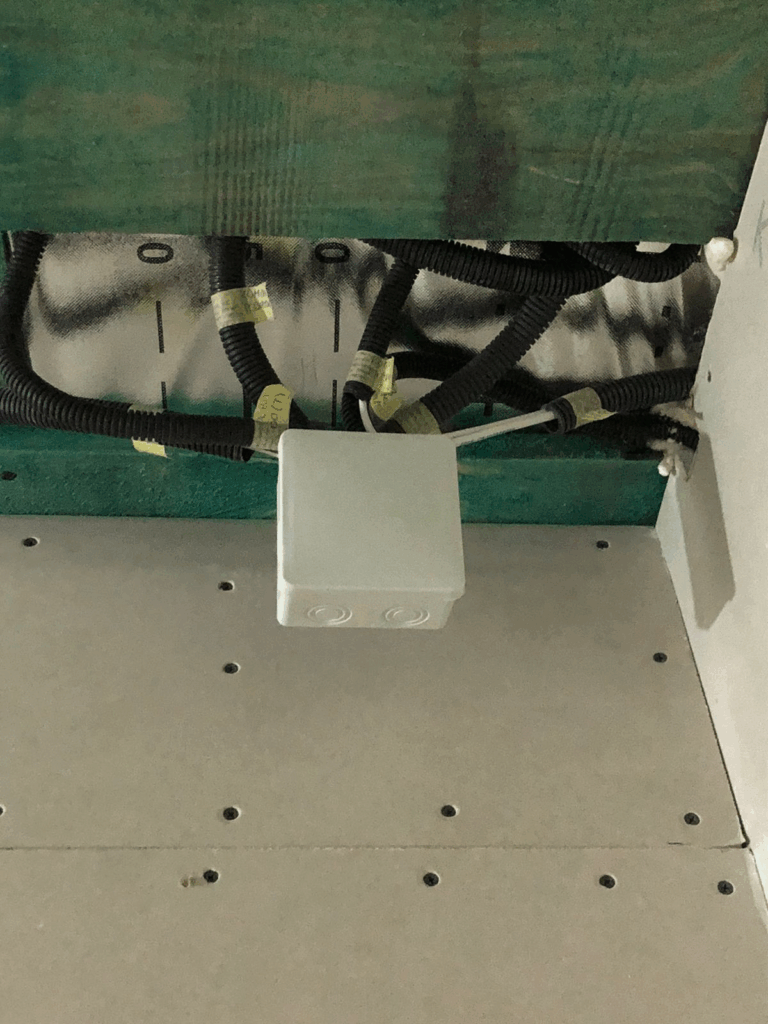
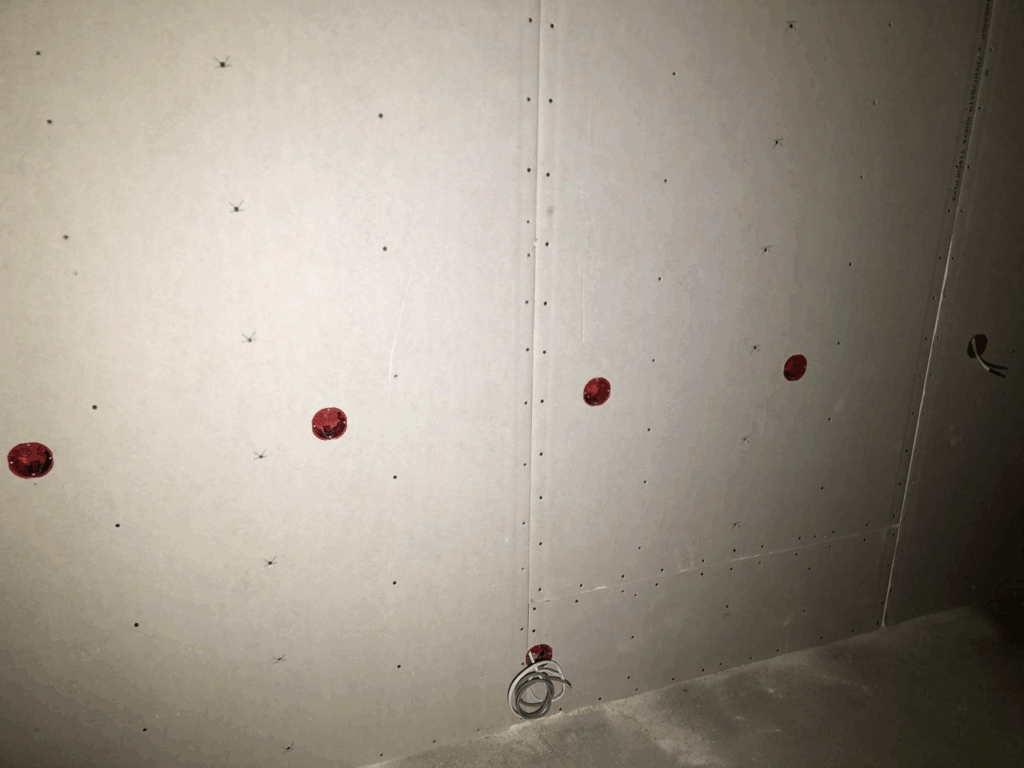
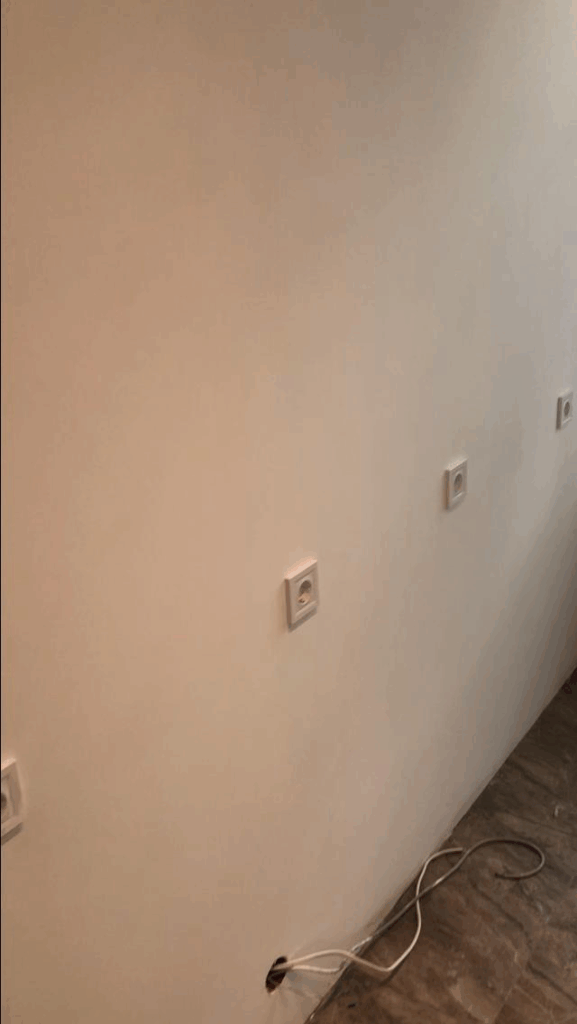
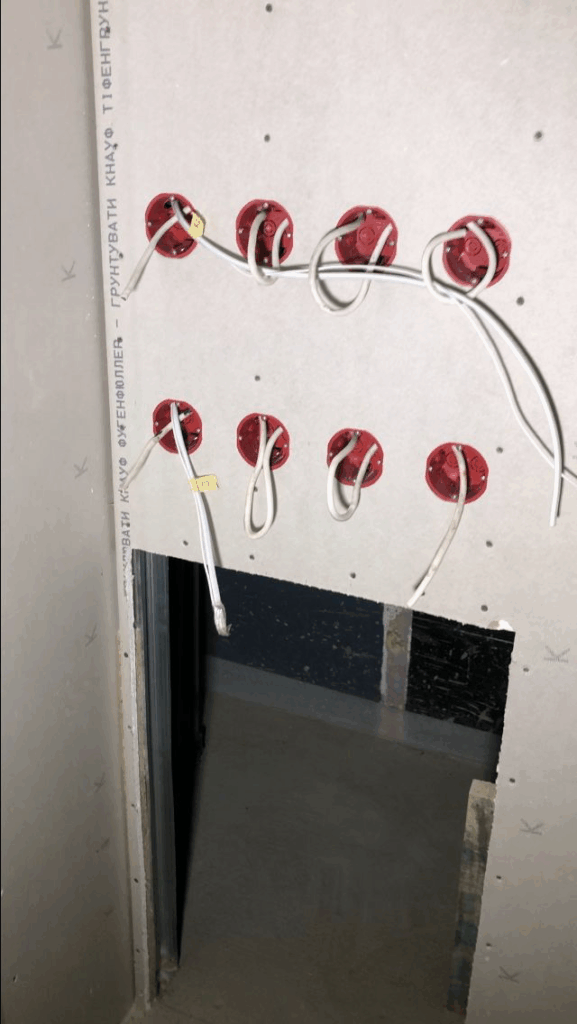
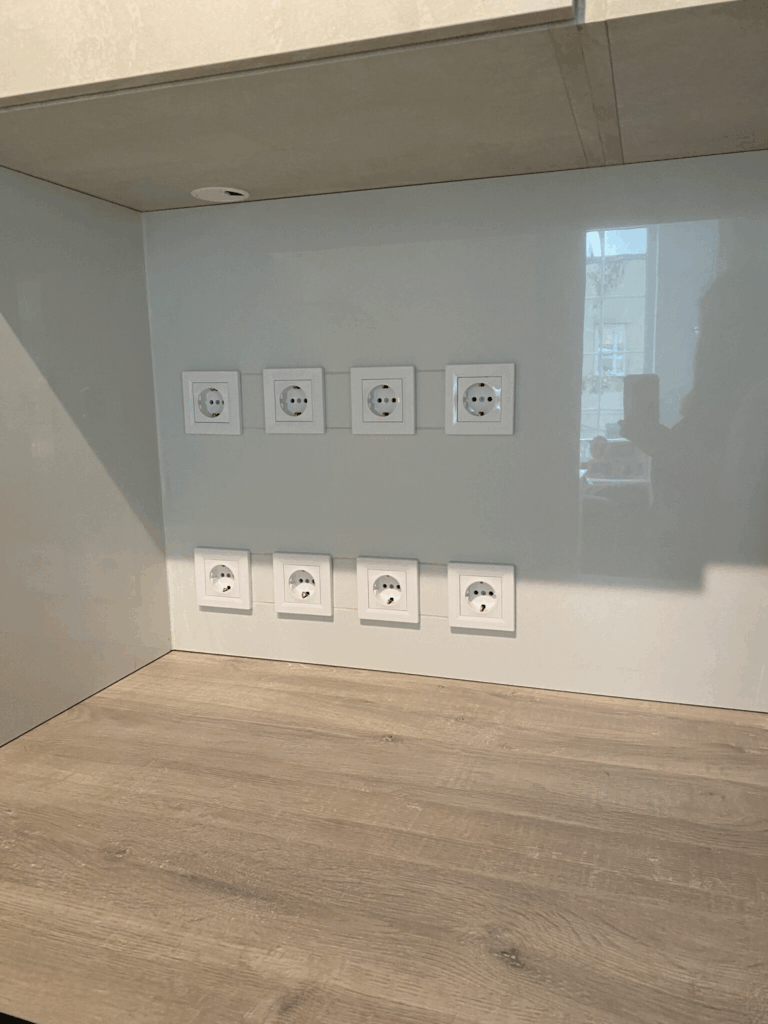
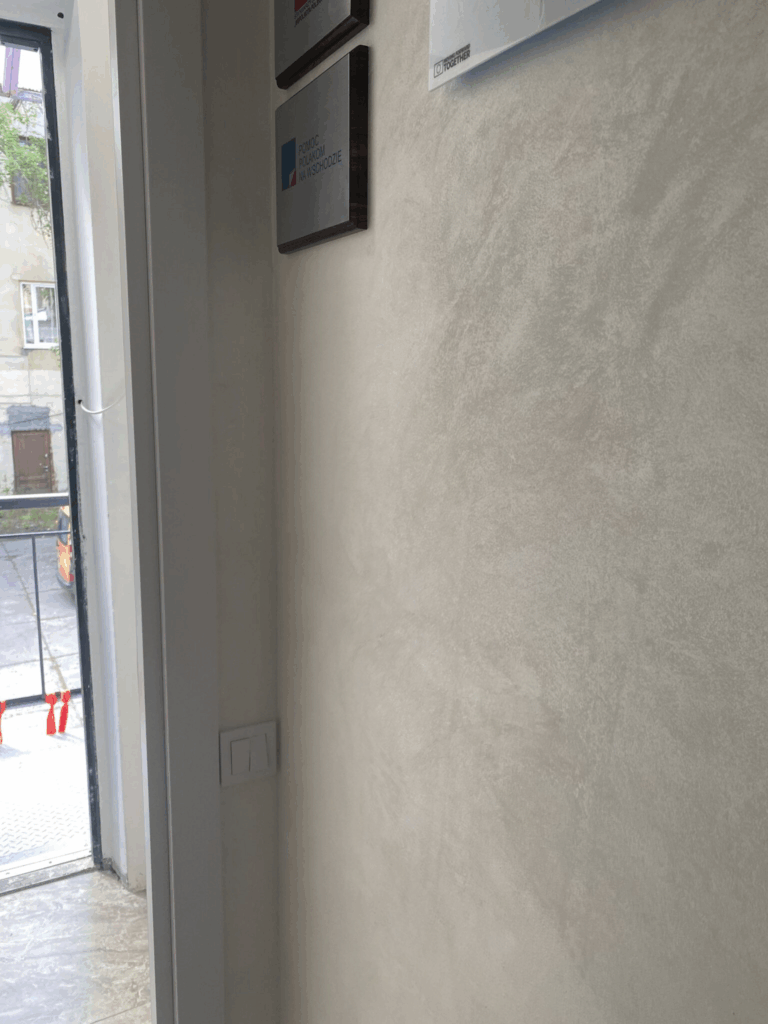
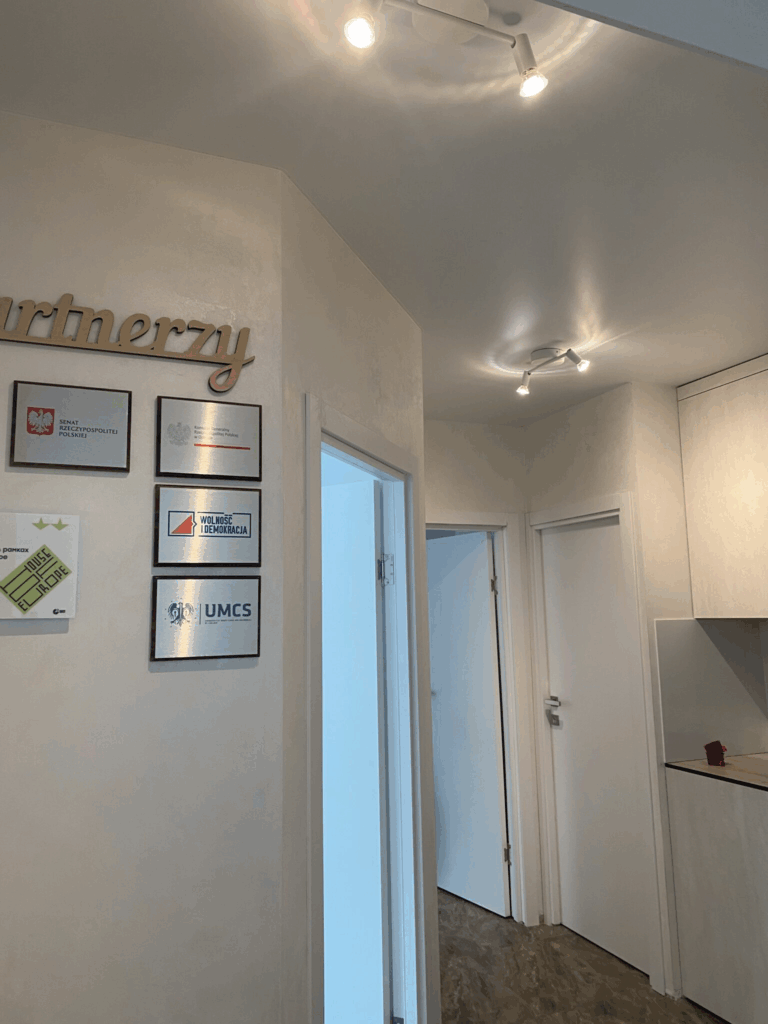
Underfloor heating:
- Installed electric underfloor heating with:
- WiFi-enabled thermostat
- Mobile app control functionality
- Benefits include:
- Improved user comfort
- Reduced operating costs
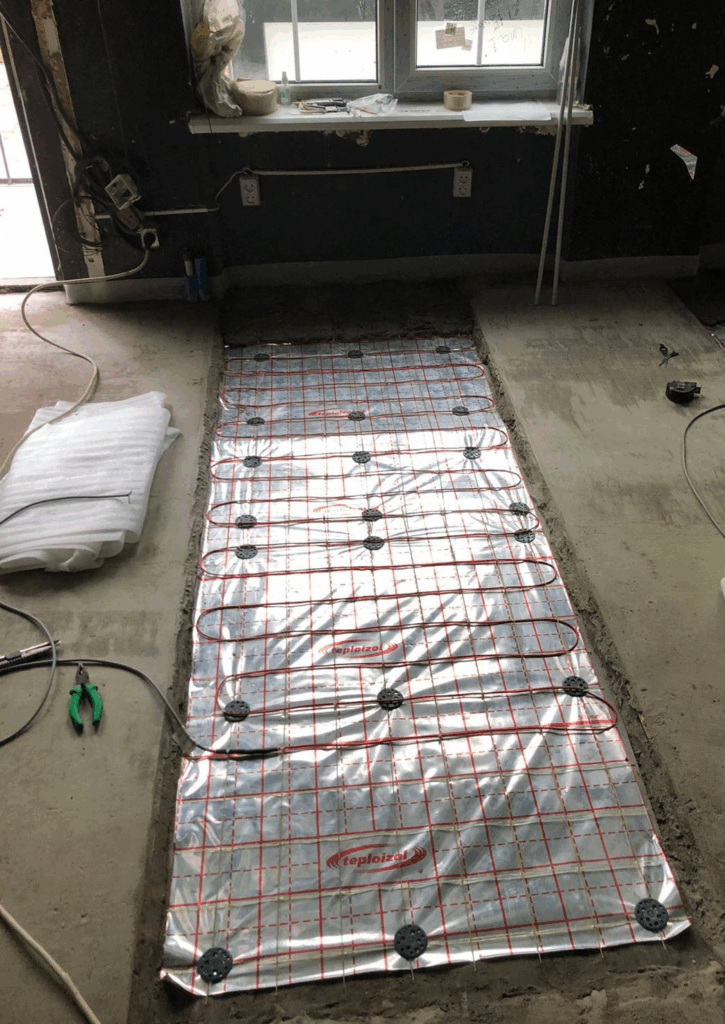
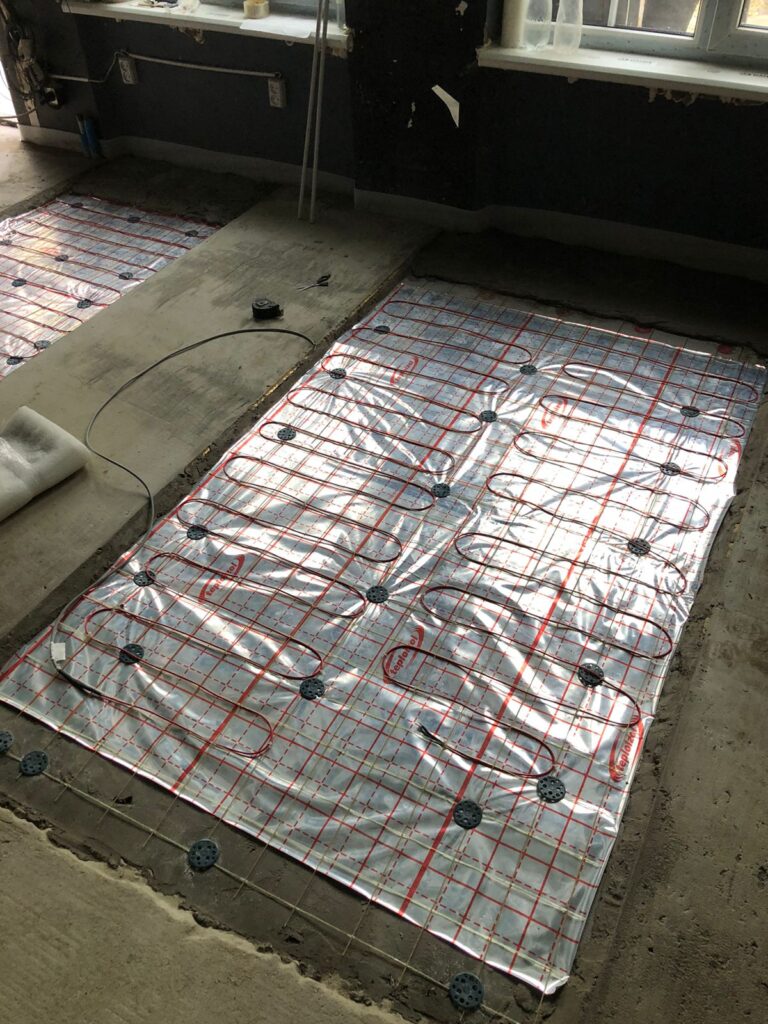
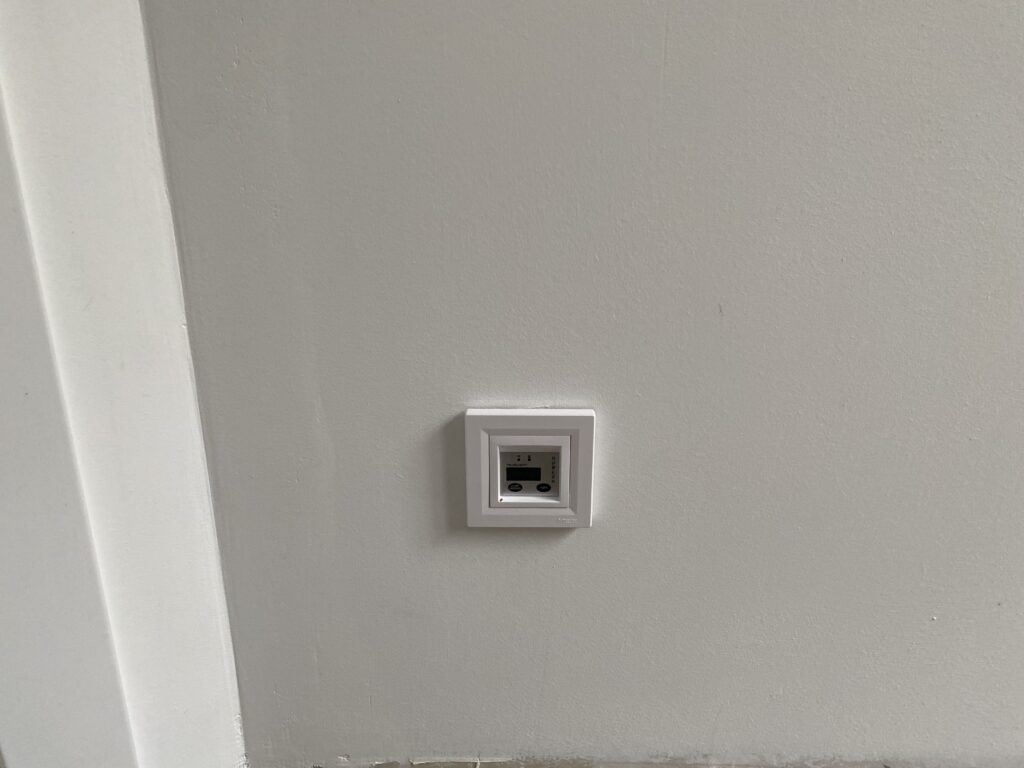
Plumbing System:
- Installed modern water and sewage infrastructure featuring:
- Toilet with efficient flushing system
- Bathroom sink with contemporary fittings
- Kitchen faucet with pull-out sprayer
- High-quality sanitary accessories
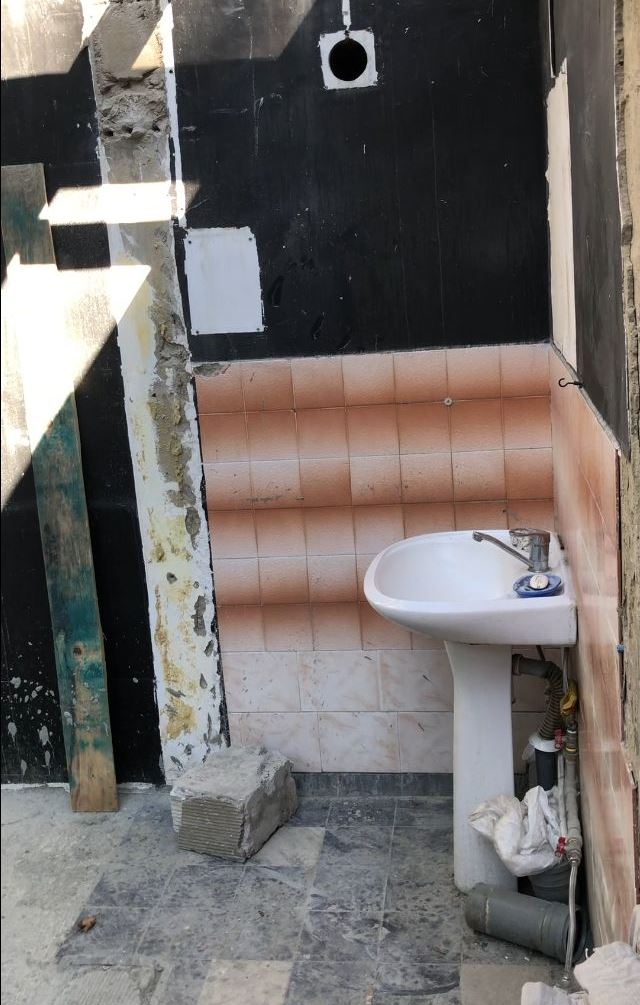
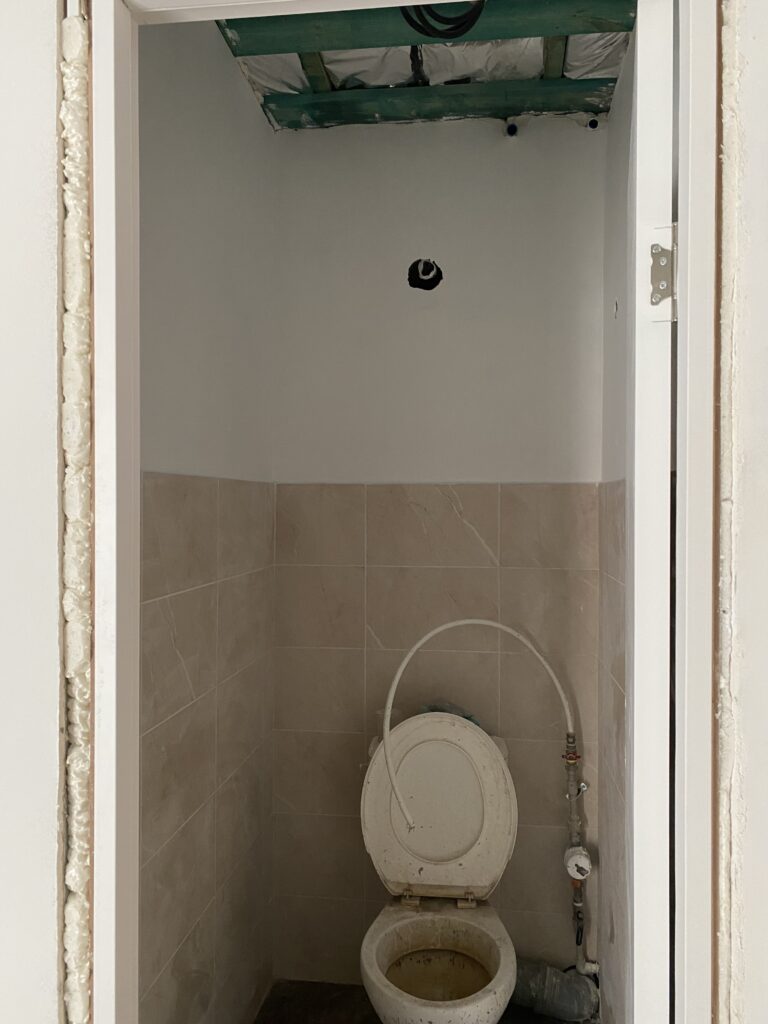
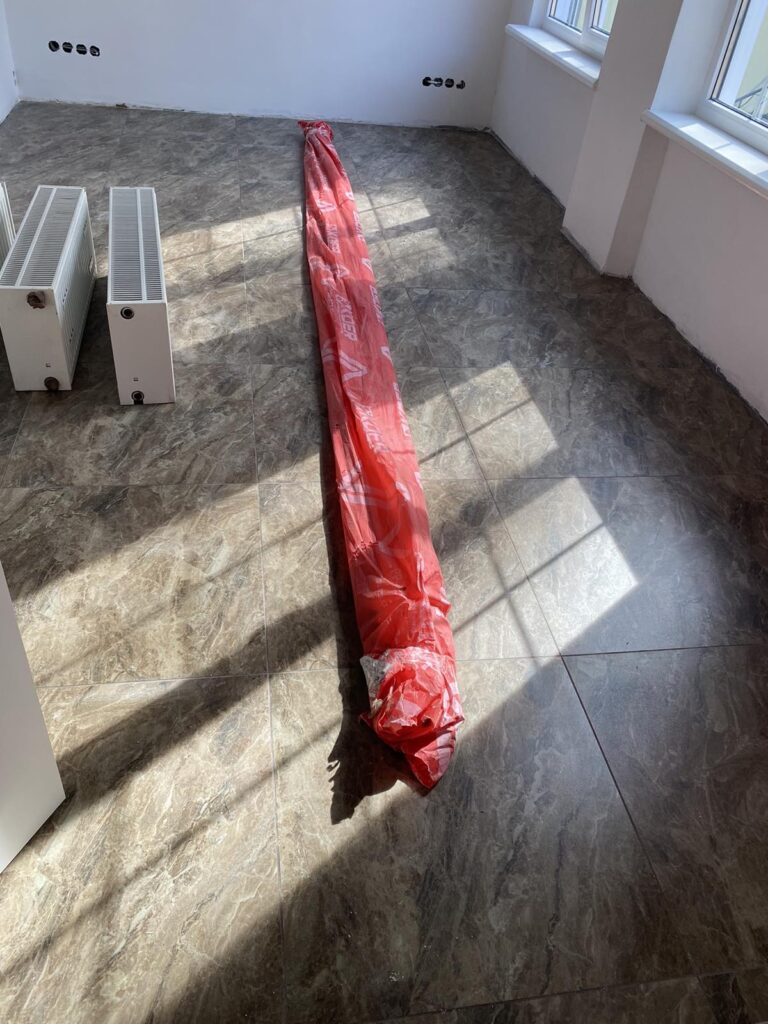
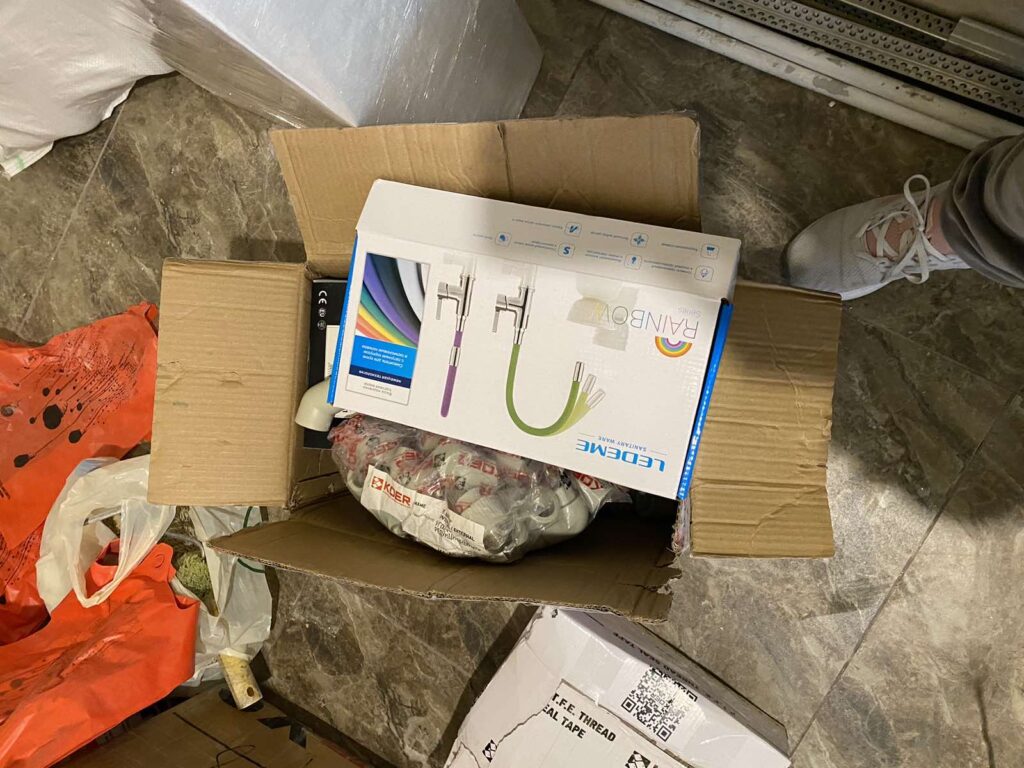
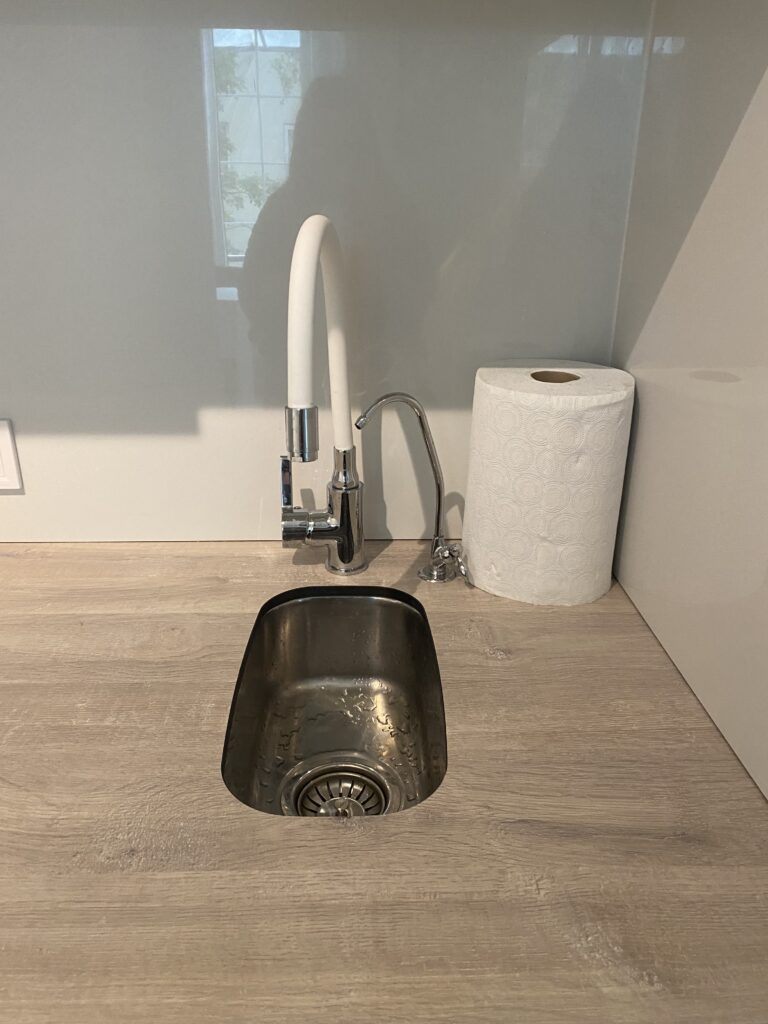
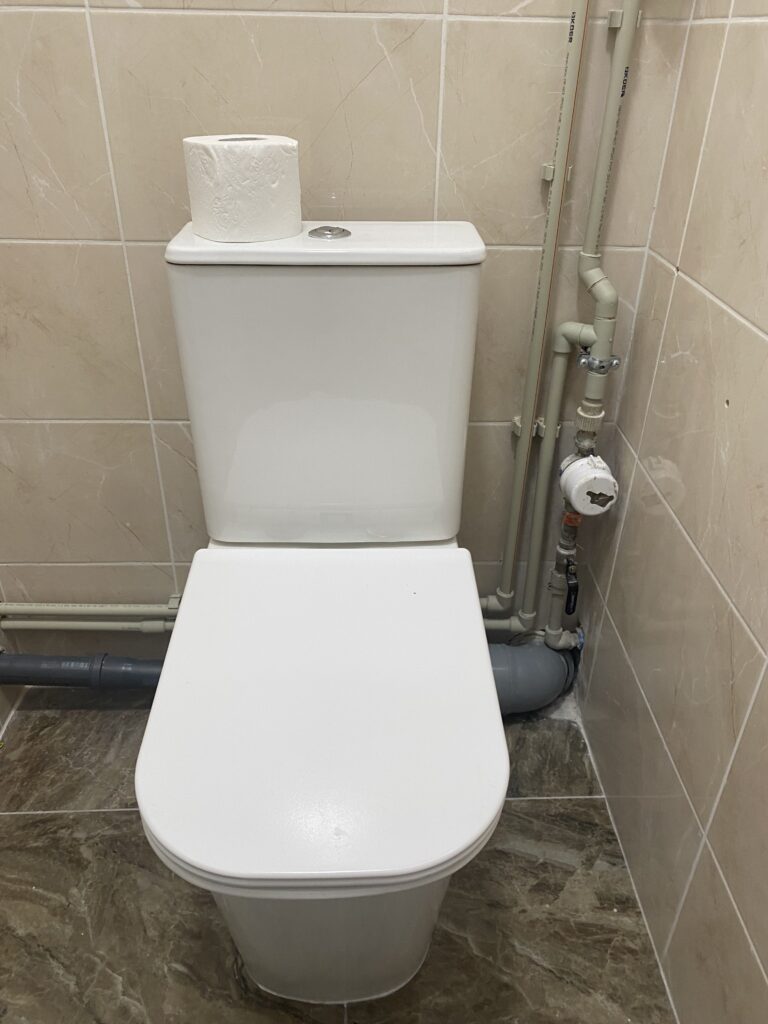
Furnishings and Equipment:
The project encompassed comprehensive furnishing to create a functional and aesthetically pleasing environment, including:
- Storage solutions:
- Custom bookshelves
- Modular kitchen cabinetry
- Costume storage system
- Decorative storage boxes
- Functional furniture:
- Work desks with ergonomic design
- Display case for exhibits
- Seating options:
- Comfortable armchairs
- Stackable chairs
- Various interior accessories to complete the space
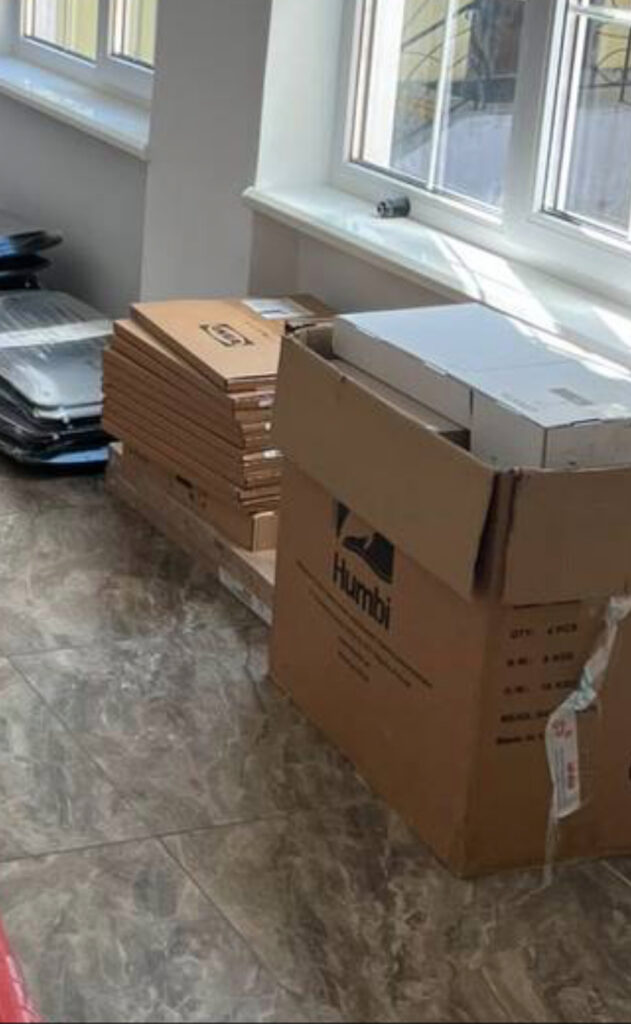
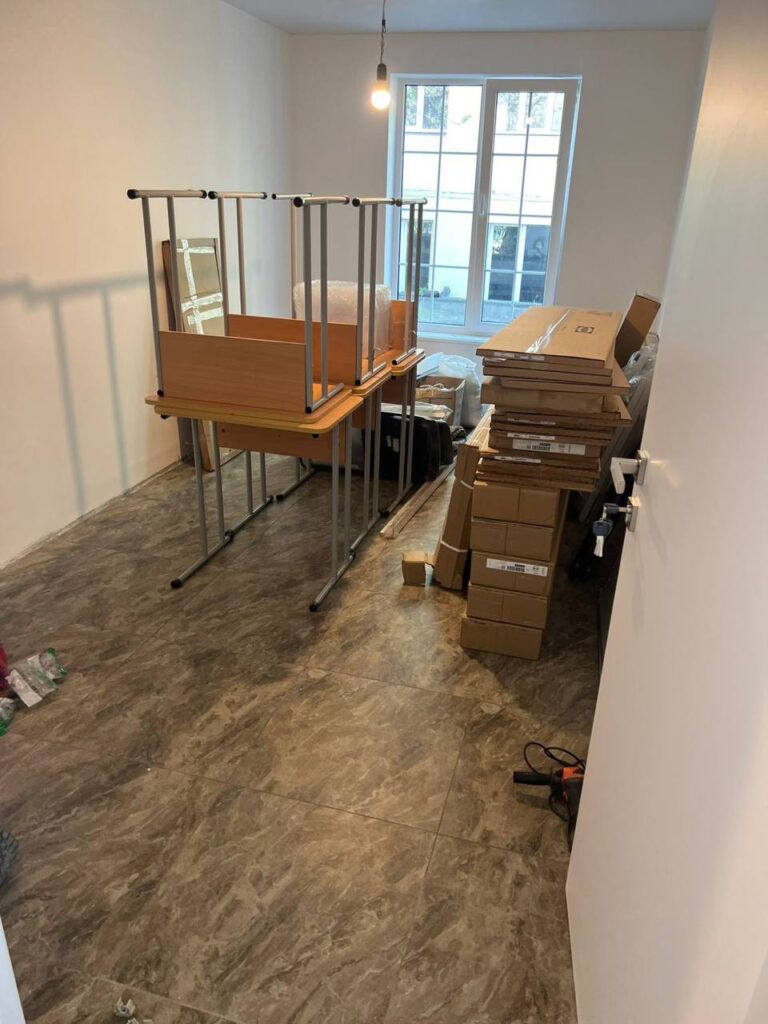
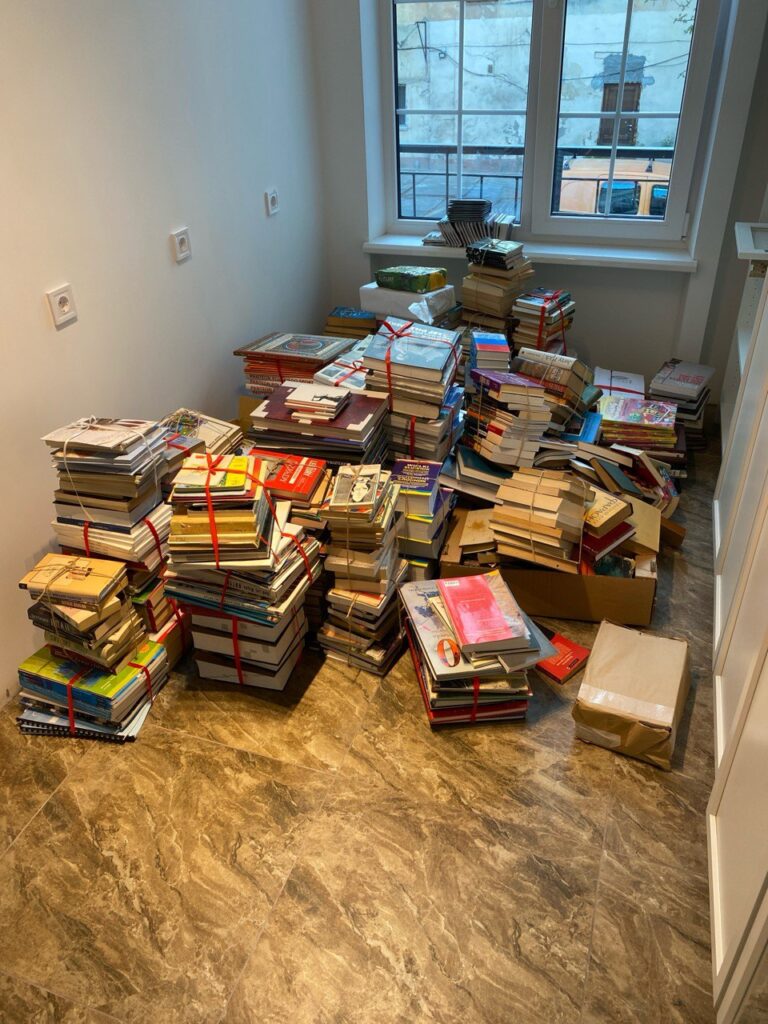
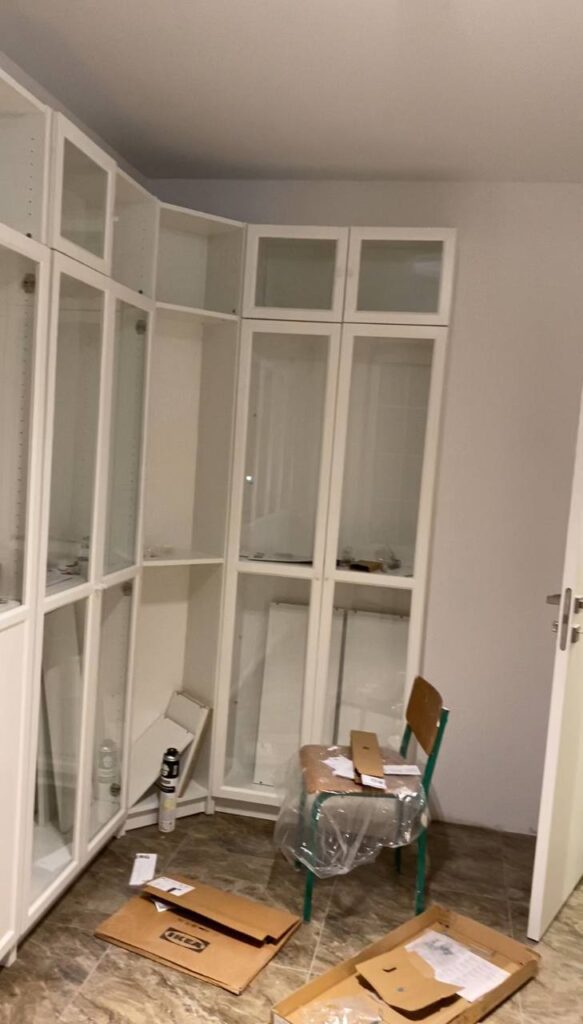
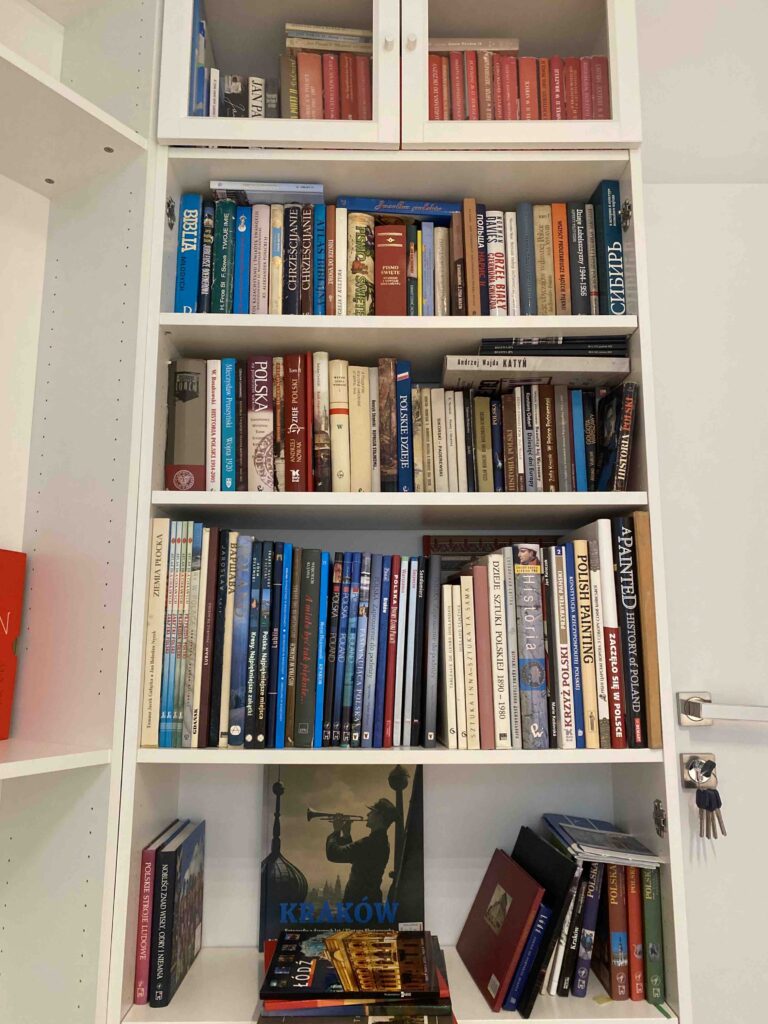
Additionally, modern equipment necessary for running a contemporary library was purchased. This included a multifunctional device capable of printing color posters in A3 format, enabling the preparation of promotional and informational materials. A webcam, tripod, and microphone were also purchased to support the organization of online events, meetings, workshops, and other cultural and educational initiatives.
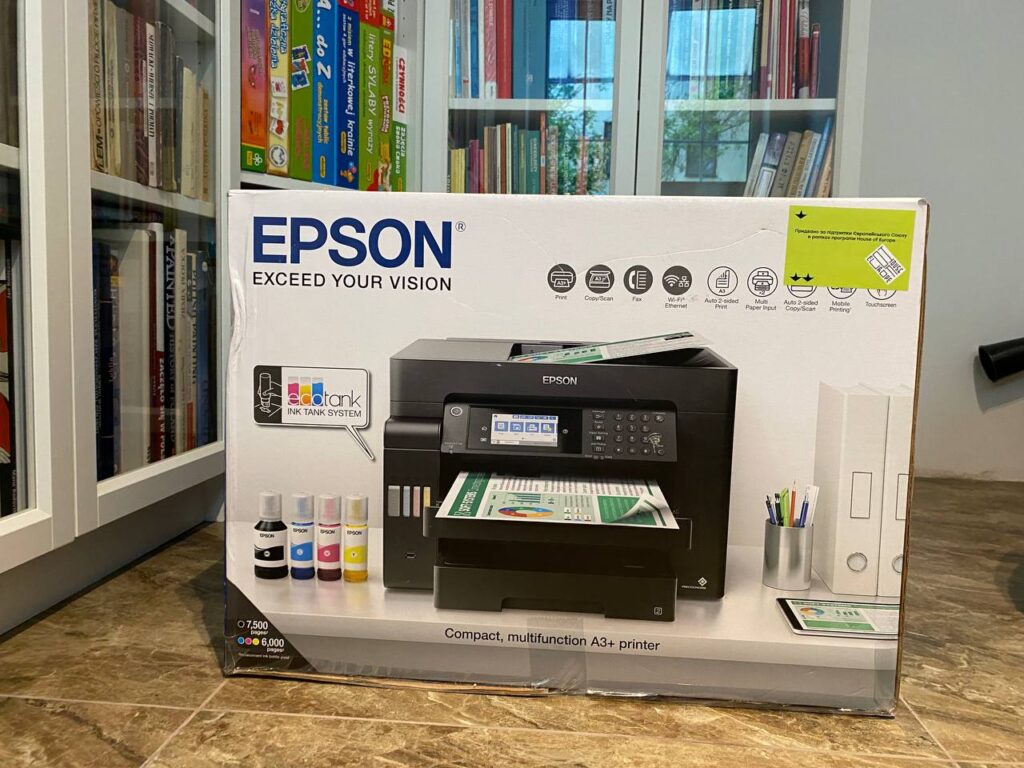
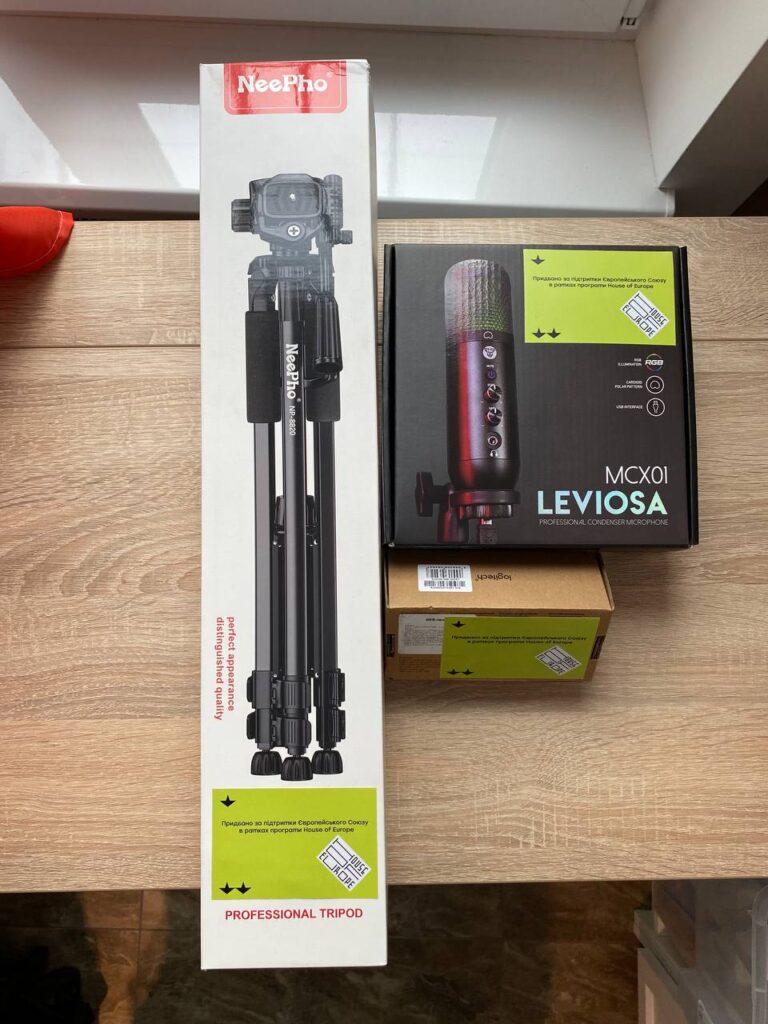
The new Polish Cultural Center in Odesa represents more than just a renovated premises — it has become a vibrant heart of: joy and Polish culture. Thanks to its establishment, it has become possible to:
- Provide Odesa residents with access to an extensive collection of:
- Fiction and non-fiction literature
- Academic and popular science publications
- Educational materials
- Diverse board games
- Preserve and promote the historical legacy of Poles along the Black Sea coast
- Properly store and maintain folk costumes and theatrical garments in a dedicated cloakroom
- Host high-quality online events using modern multimedia equipment
- Organize cultural programming including:
- Author meet-and-greets
- Historical lecture series
- Offer a welcoming space for:
- Displaced persons
- Those seeking connections with Polish heritage
- Plus many additional cultural and educational opportunities
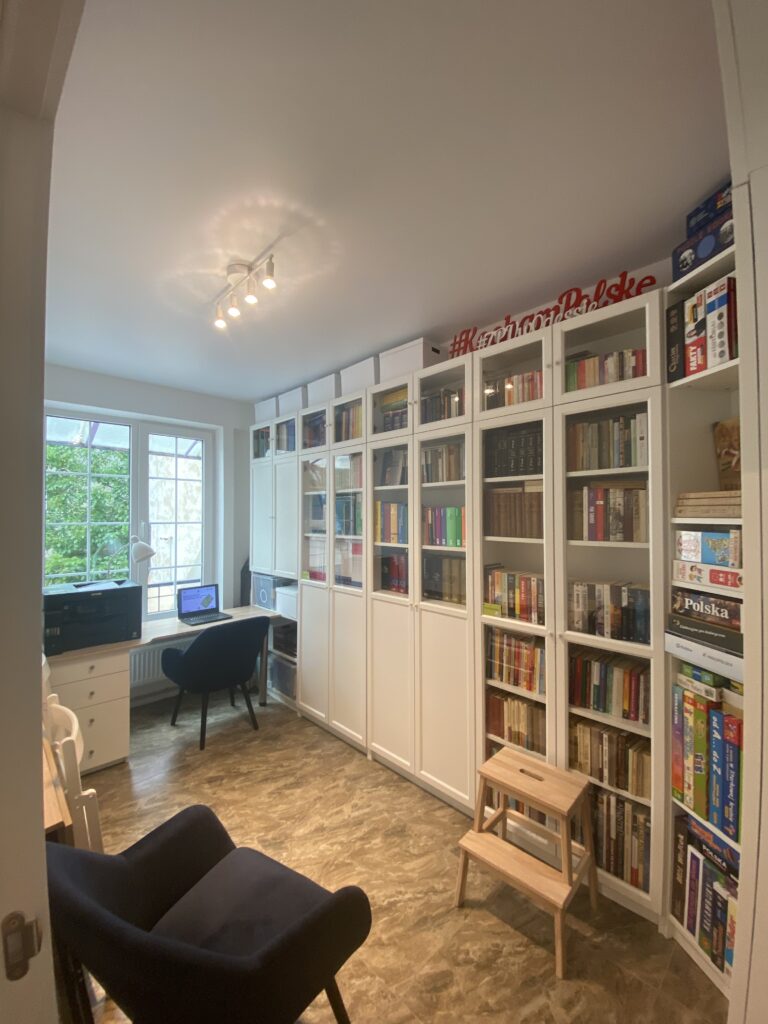
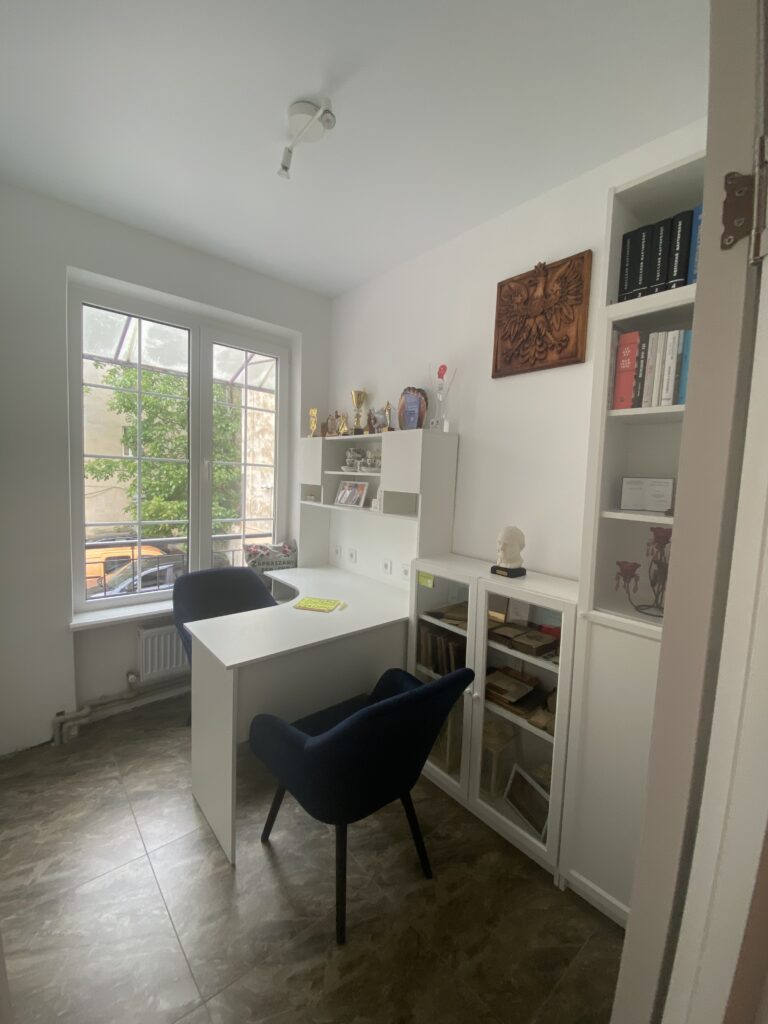
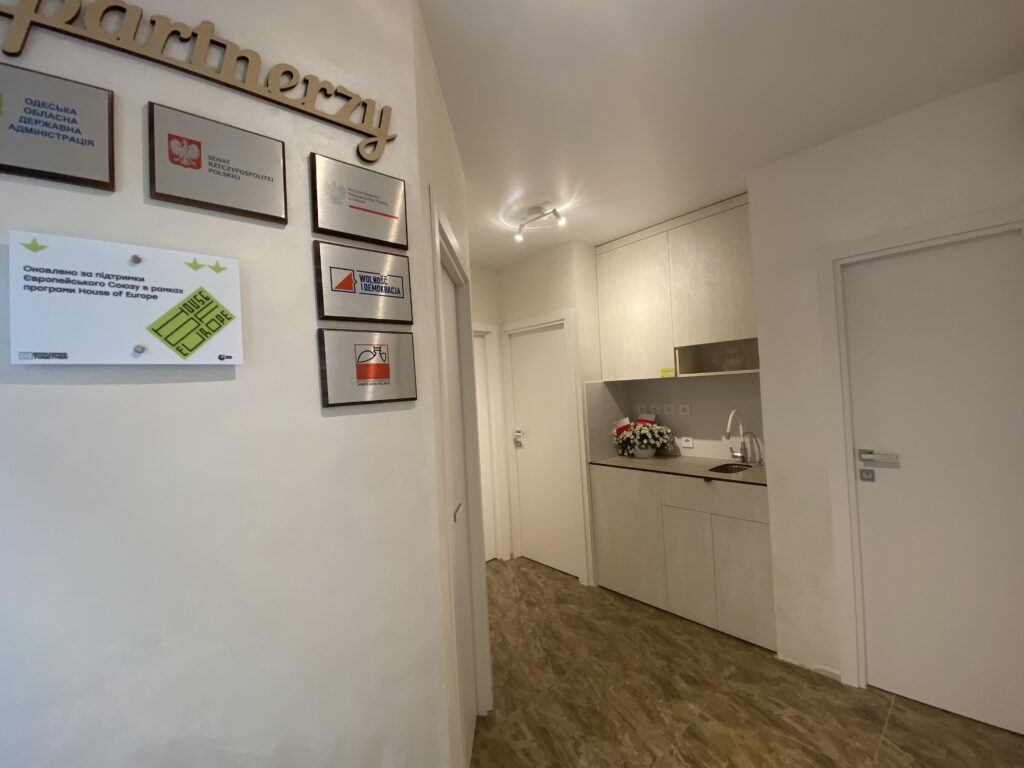
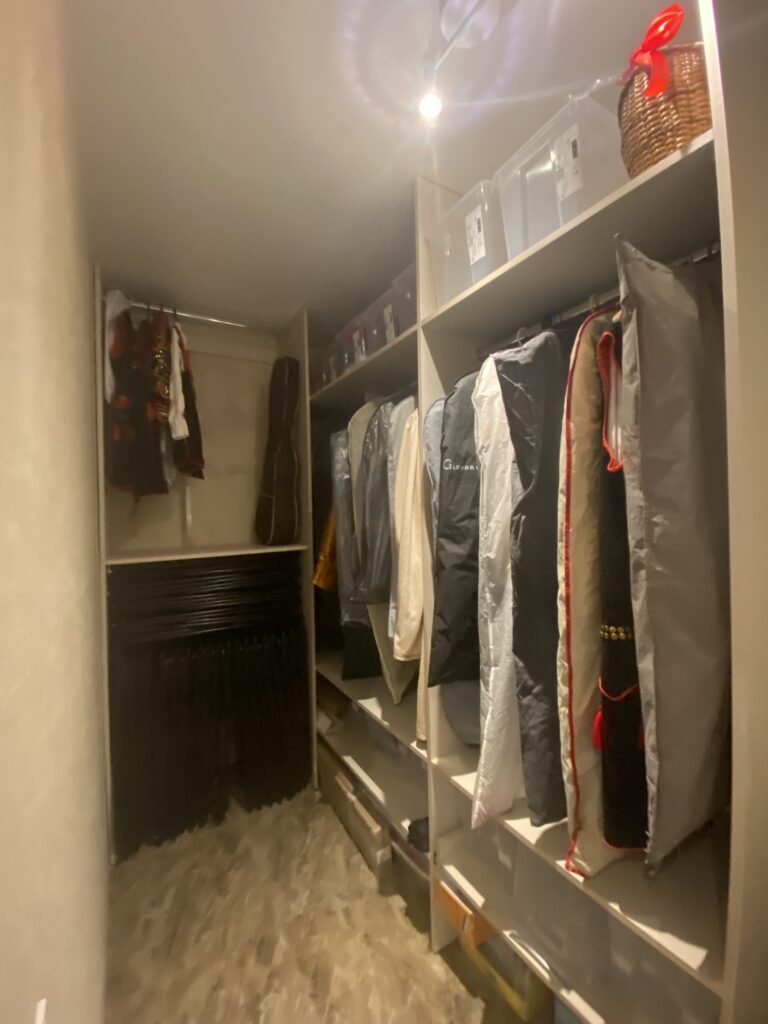
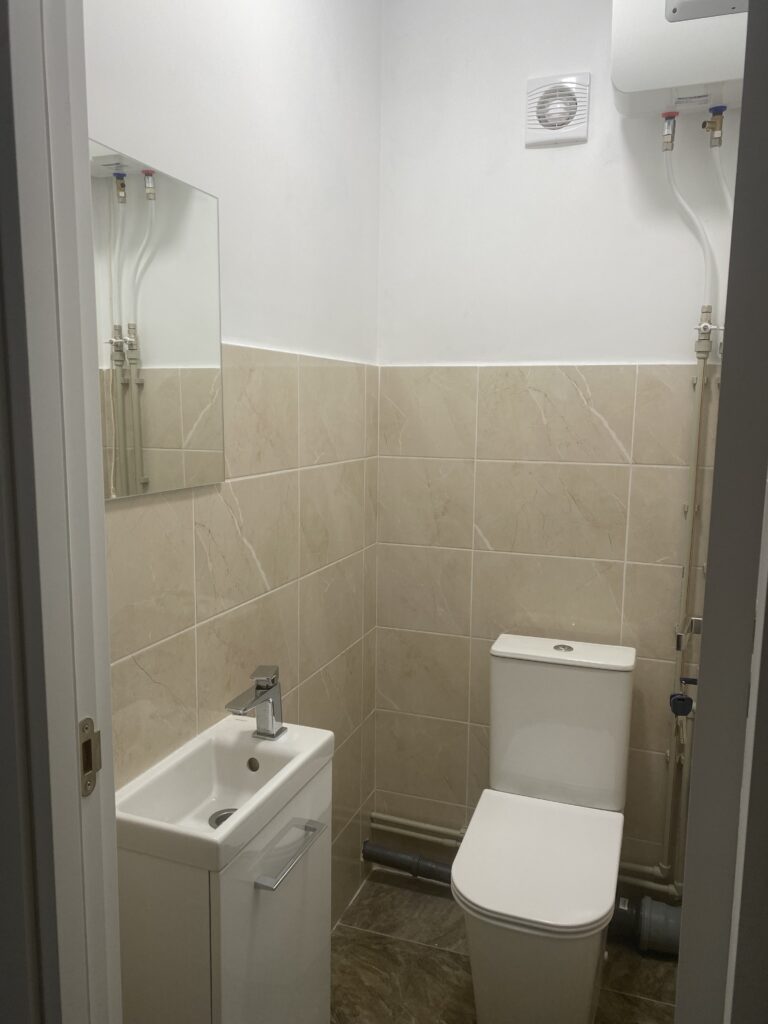
The project team:
- Project initiator, interior designer, and volunteer project manager: responsible for the concept, design, project oversight, and partner communication — Svitlana Zaitseva-Velykodna, President of the Association.
- Project manager: coordinating the work and ensuring timely completion of milestones — Julia Streltsova
- Project implementation assistant: supporting all project phases, serving as primary liaison for: suppliers, contractors, and partners — Nadiia Hrytsai
- Accountant: supervised financial reporting and project documentation — Inessa Honcharenko.
- Technical executors: were responsible for construction, installation and finishing works — Vasyl Krasnikov, Vadym Zhovnir.
- Volunteers: Sylwia Cichoń, Prof. Stanislav Velikodnyi, Dr. Oleksandr Bohdaniuk, Stanislav Dobrovolsky, Maksym Chokan, Kostyantyn Zadorozhny, Anastasia Streltsova-Nikolenko.
Acknowledgments
We wish to express our deepest gratitude for the generous support provided through the “9th Edition of the Small Infrastructure Grants from House of Europe.”
- This vital funding made possible the successful completion of our project, “Arrangement and equipment of the premises of the Polish Cultural Center in Odesa” was successfully realized. Through the valued partnership with Goethe-Institut at the Embassy of the Federal Republic of Germany in Kyiv, our Polish community gained a modern, fully functional, and cultural space, a welcoming environment that truly feels like home.
This joint project was not just about renovating a building — it was about building bridges: between generations, cultures, and people. It is also a testament to solidarity and hope — that even in difficult times, we can create something beautiful and lasting together.
- We extend our sincere appreciation for your invaluable trust, professional partnership throughout the process and commitment to supporting initiatives that make the world a better place. Your support carries profound significance—not just for our present community, but as a lasting legacy for future generations of Poles in Odesa.
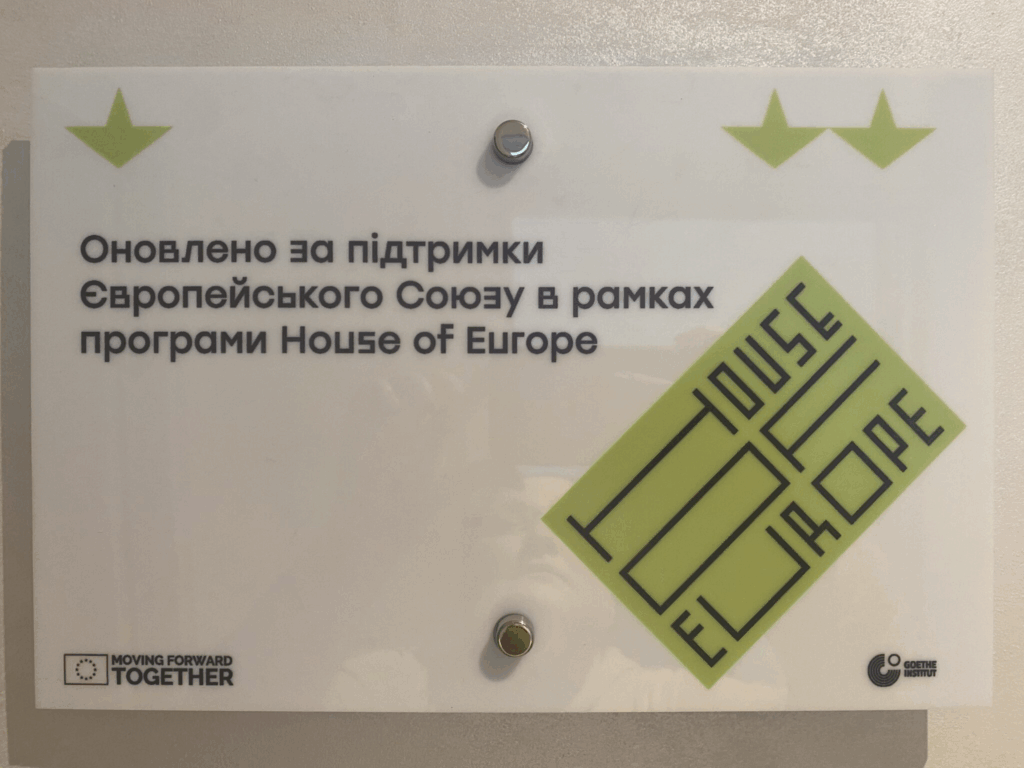
Życie Polskie w Odessie – Otwarcie Centrum Kultury Polskiej w Odessie
Kurier Galicyjski – W Odessie otwarto Centrum Kultury Polskiej
Суспільне Одеса – Новий осередок культури: в Одесі відкрили оновлений Польський культурний центр